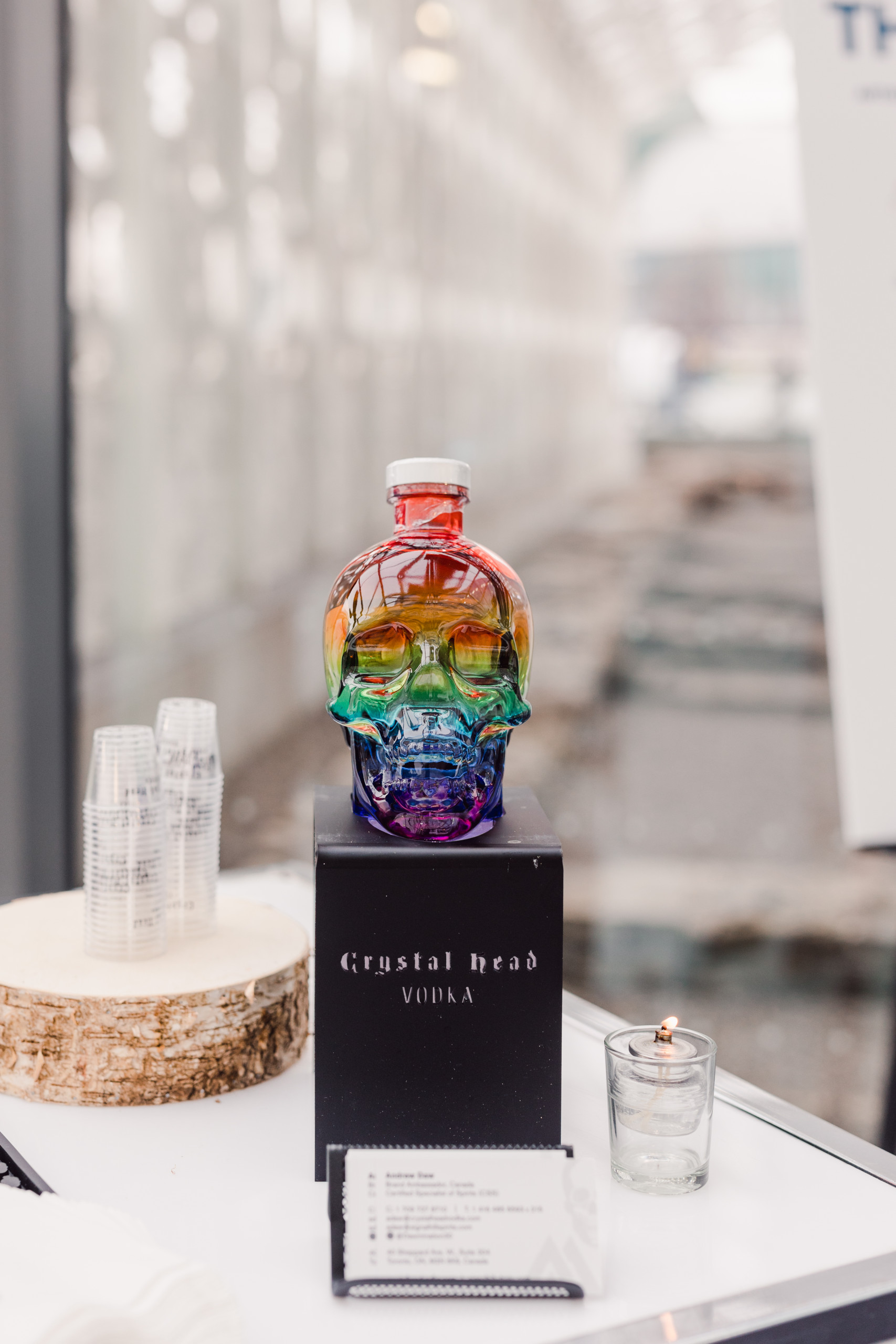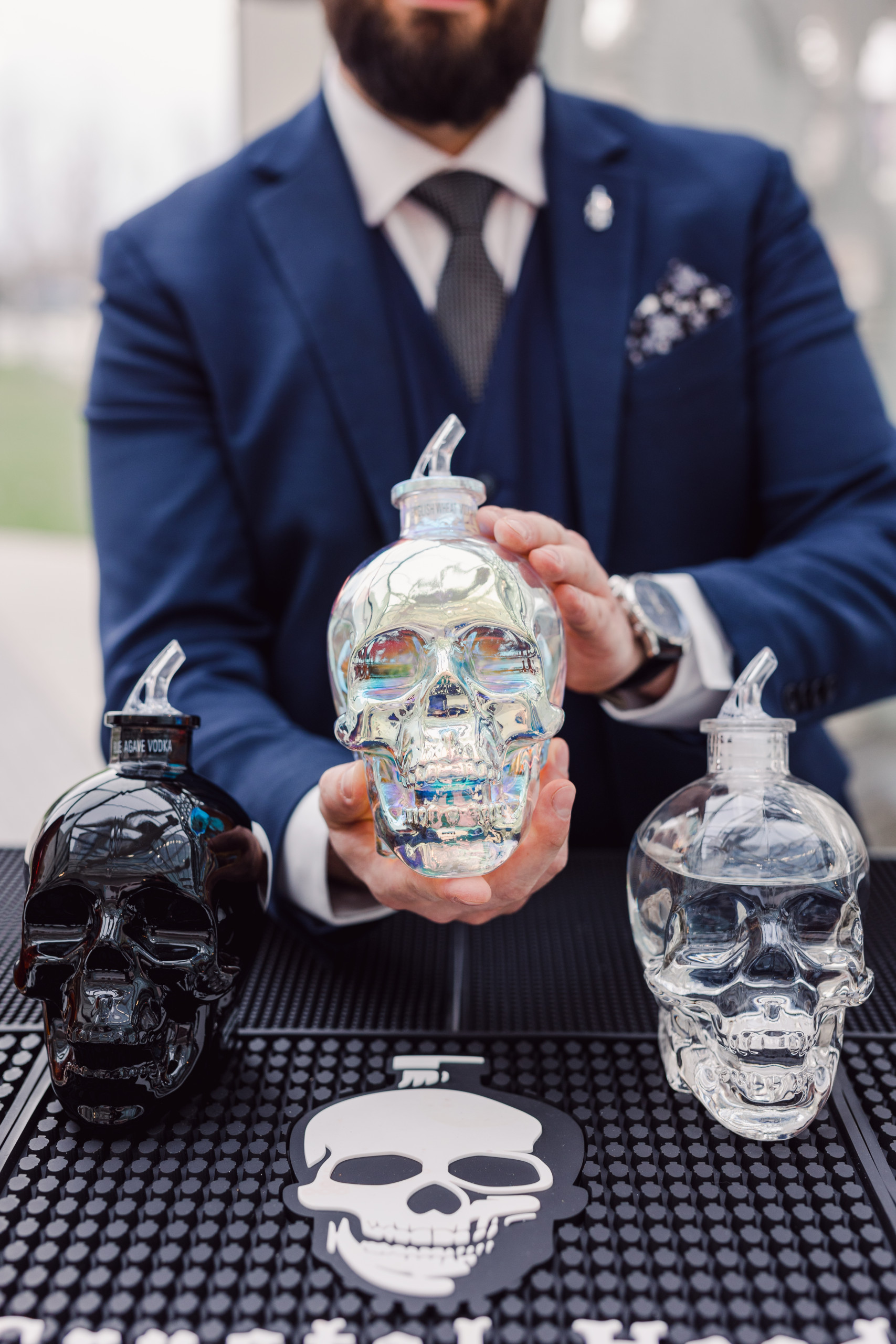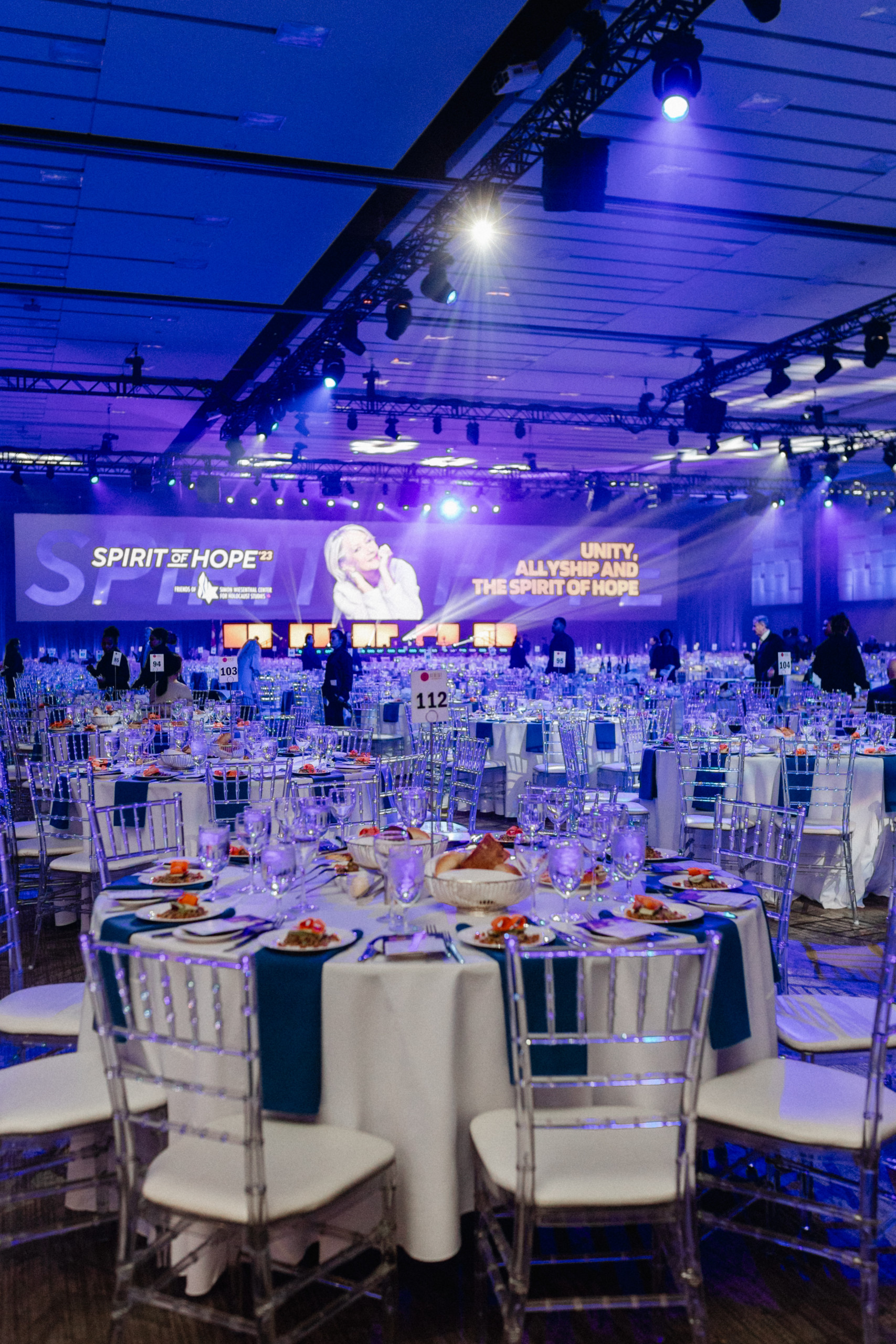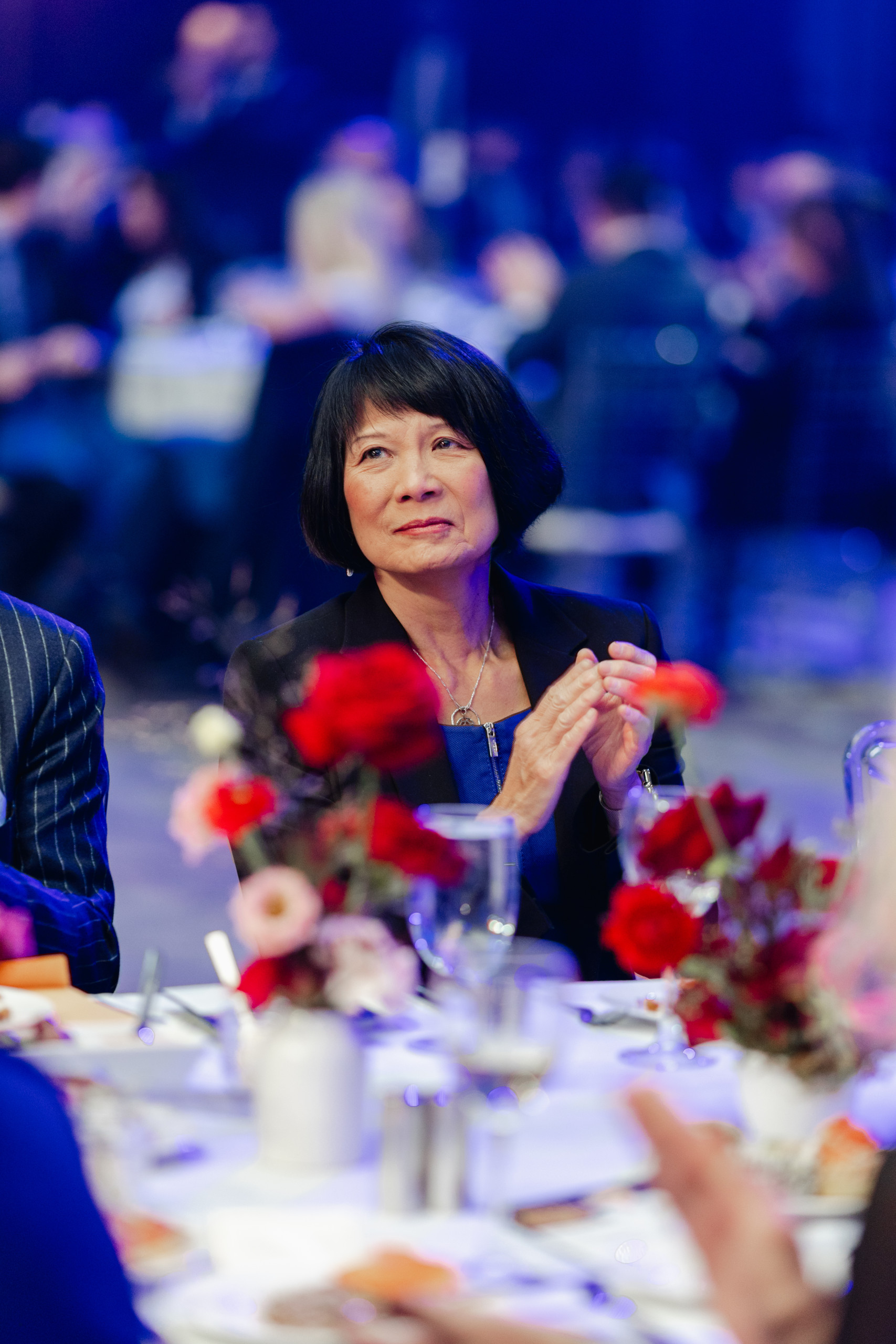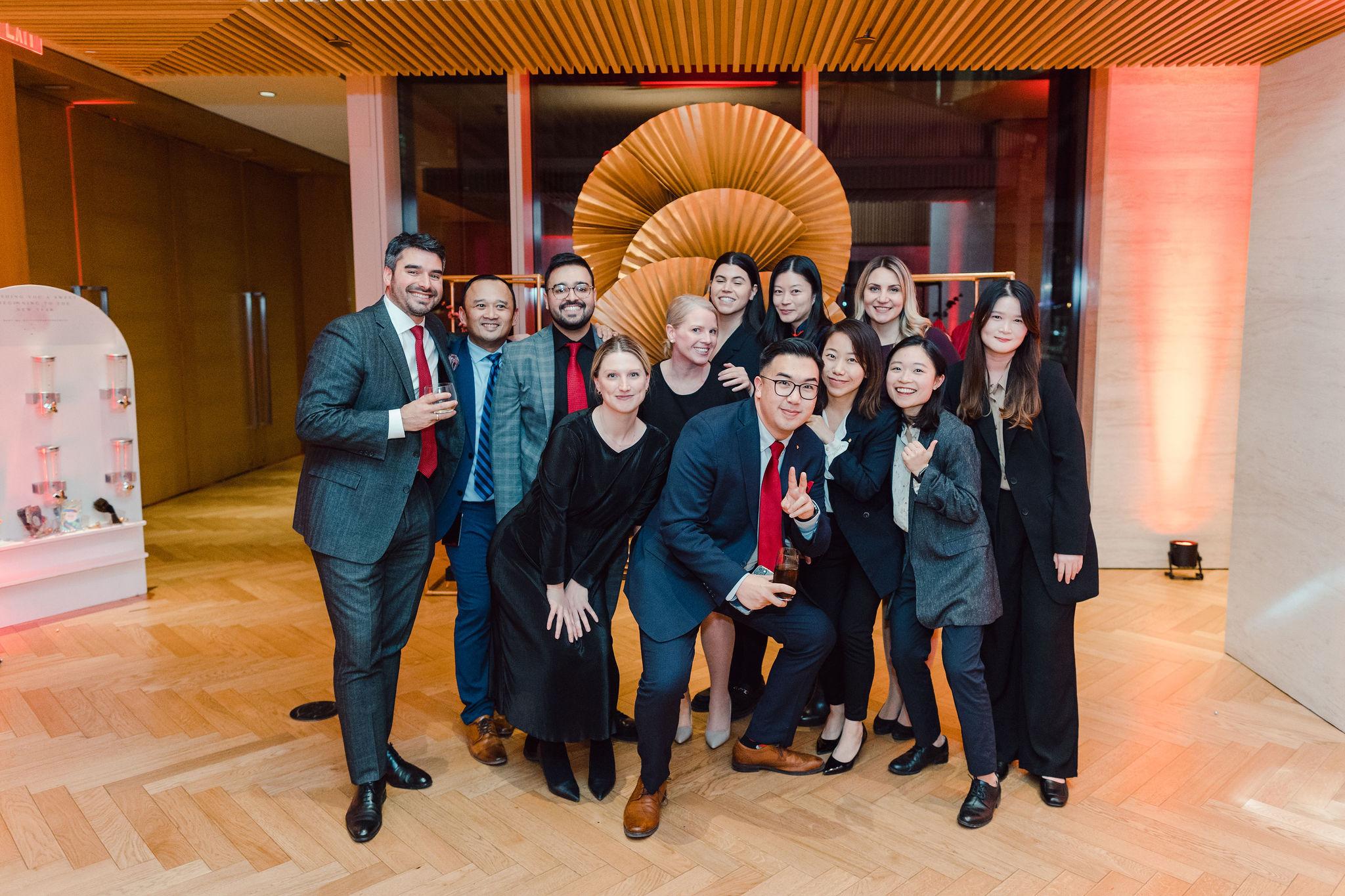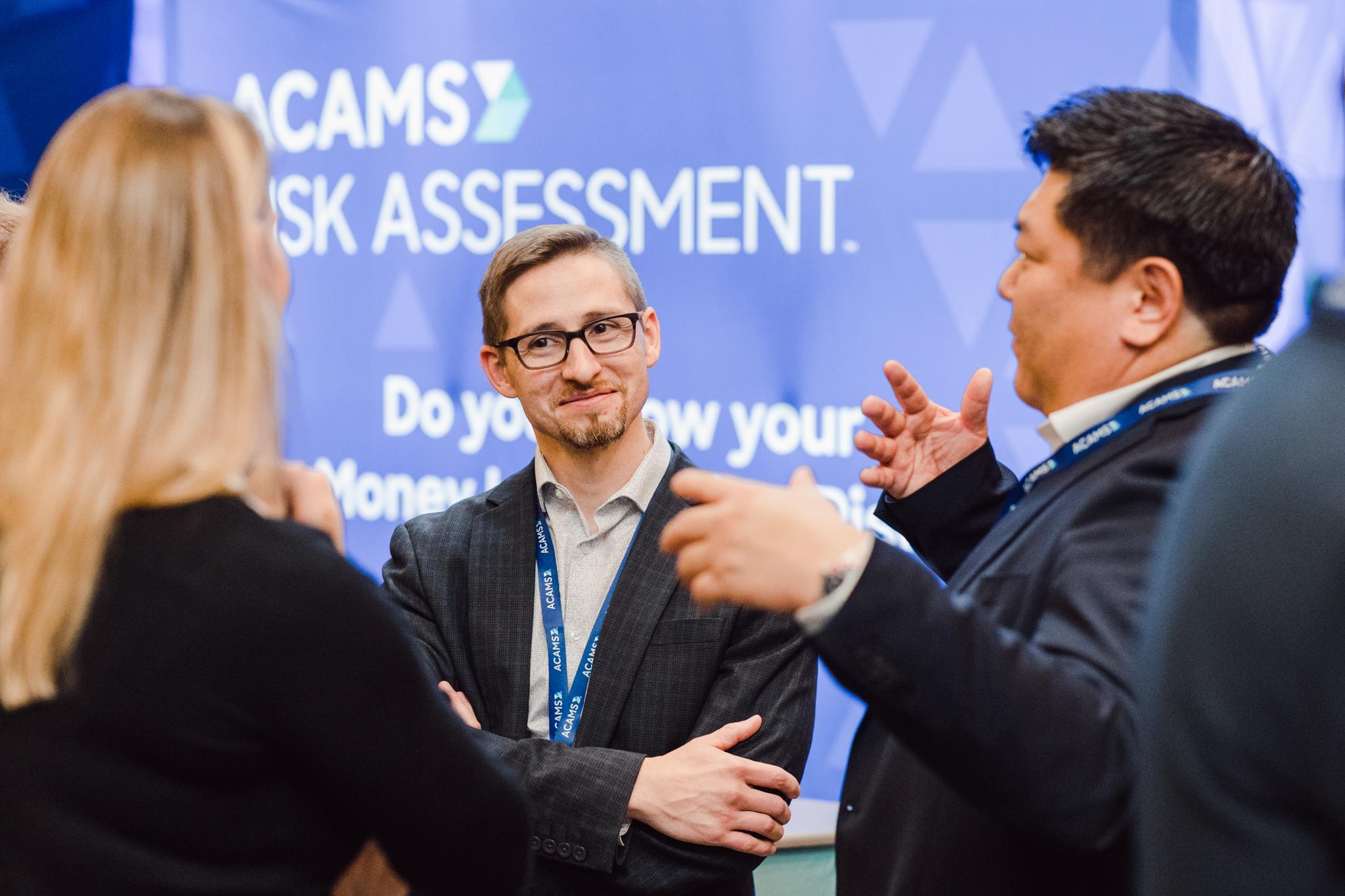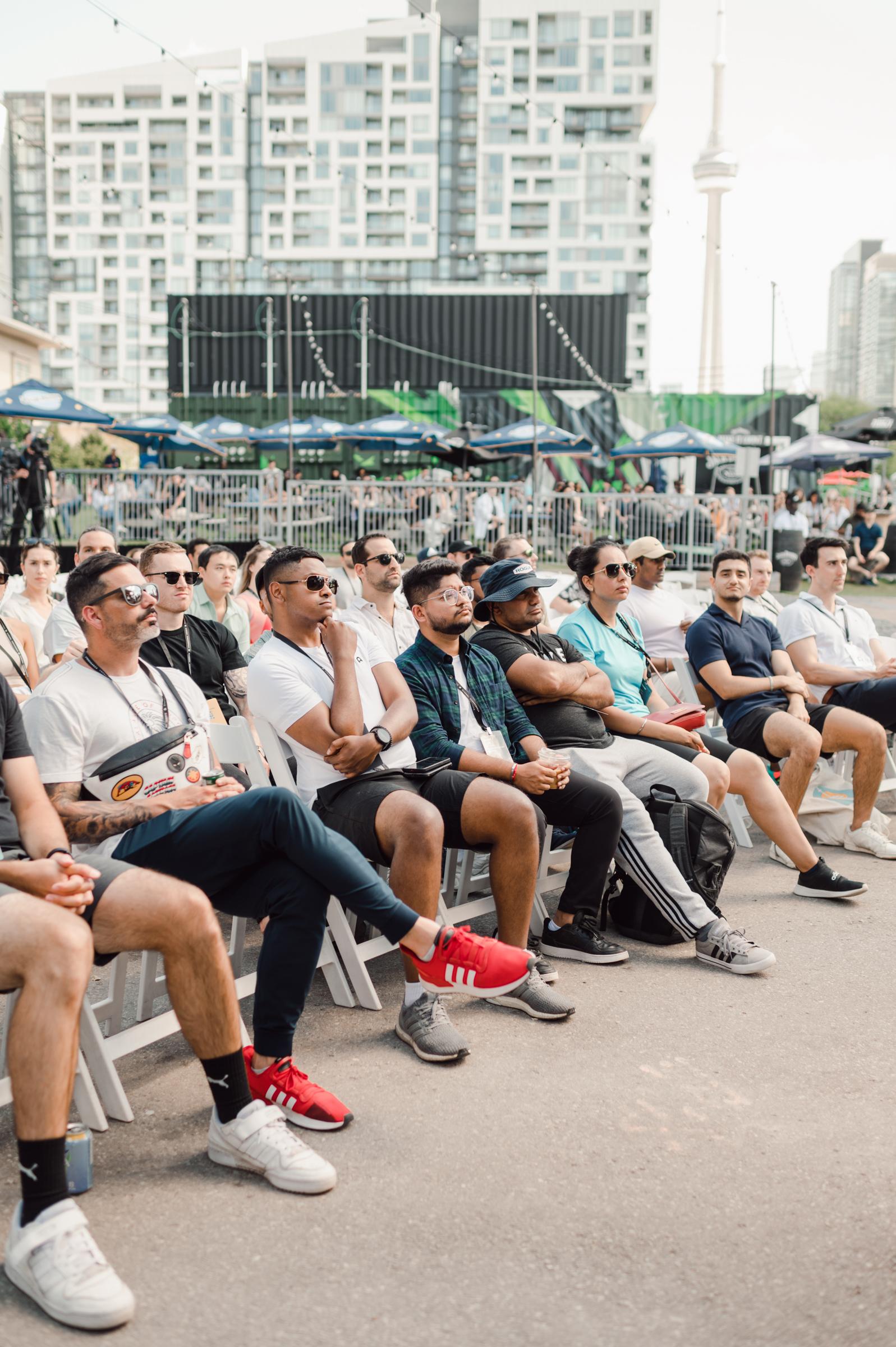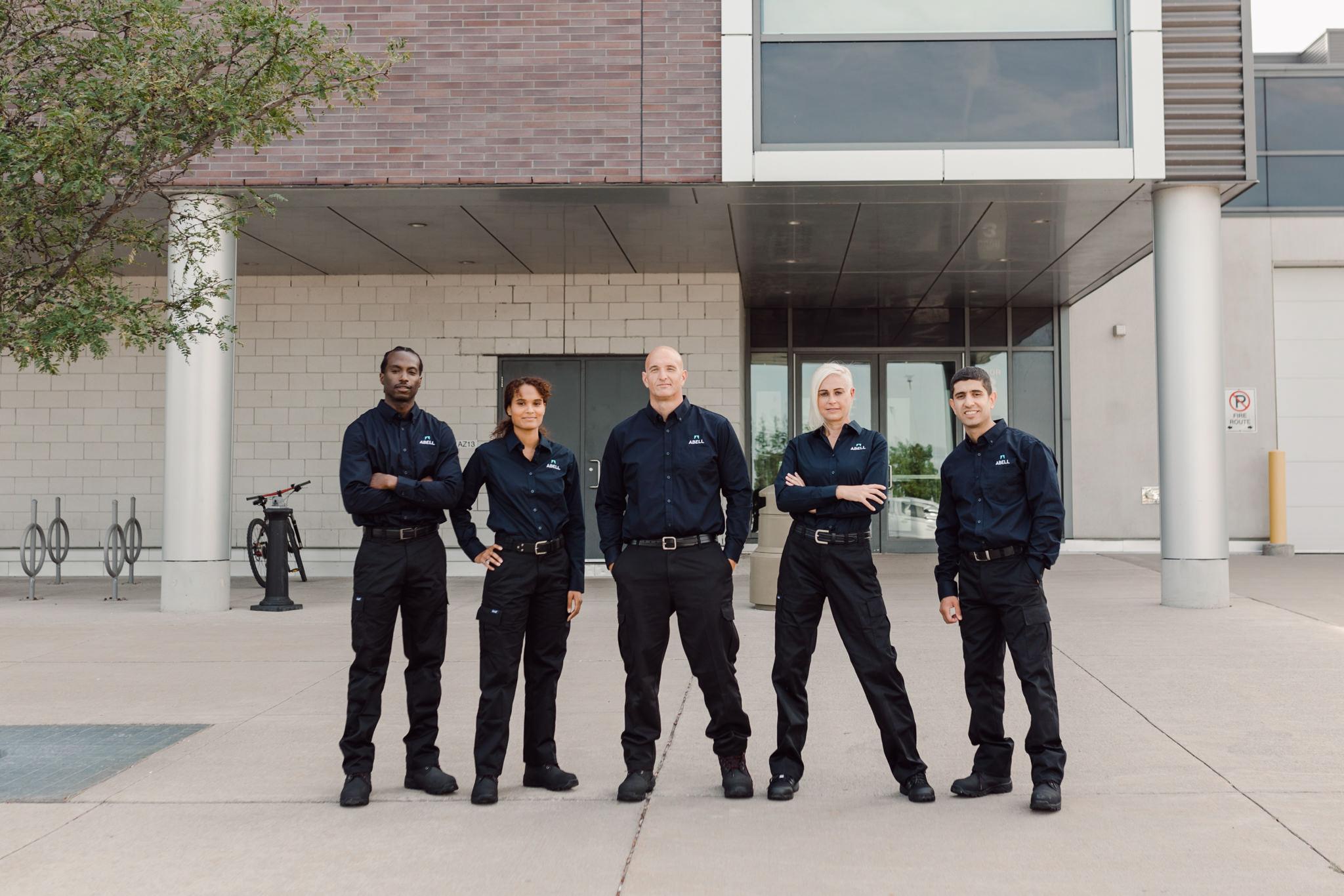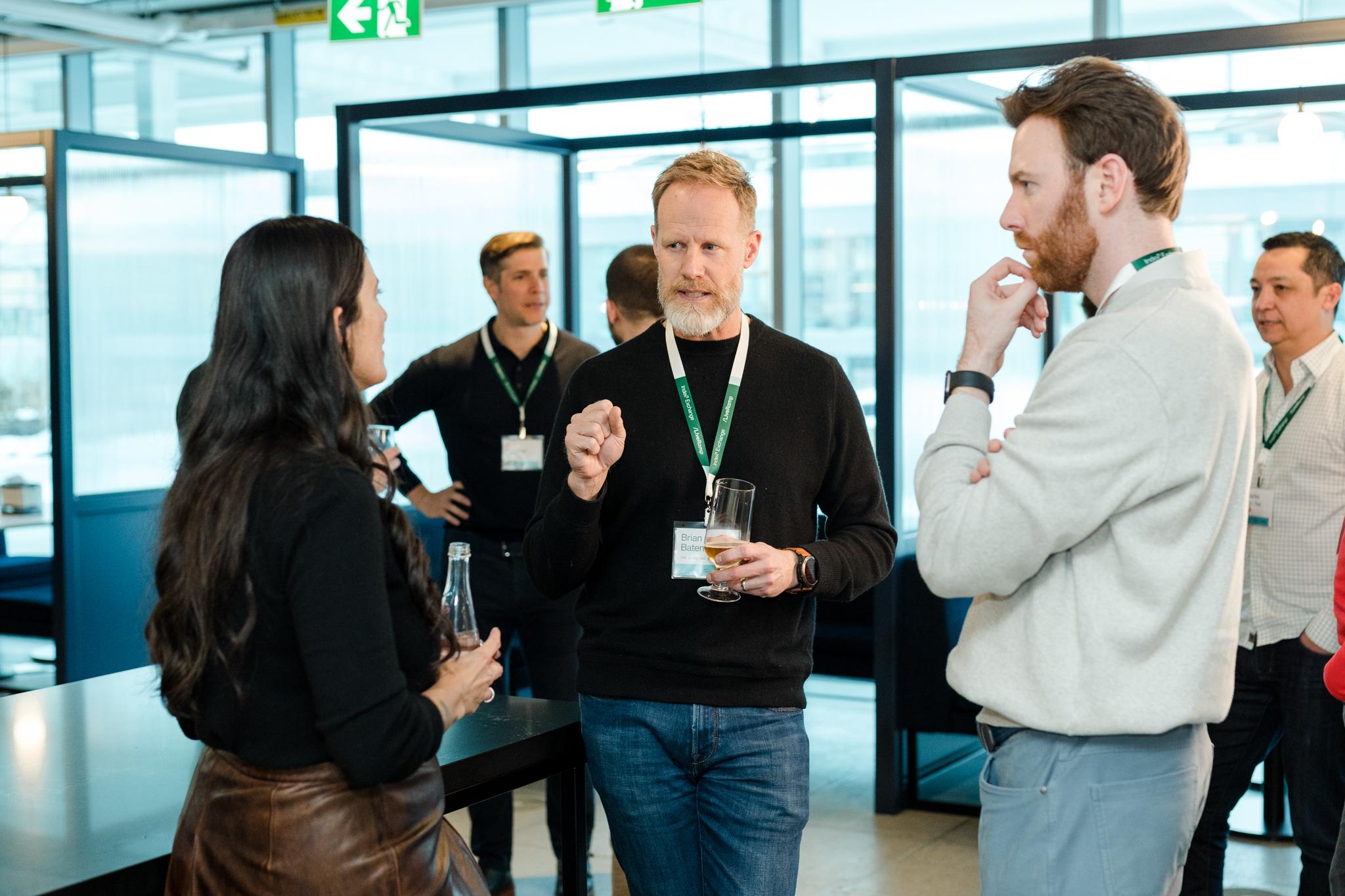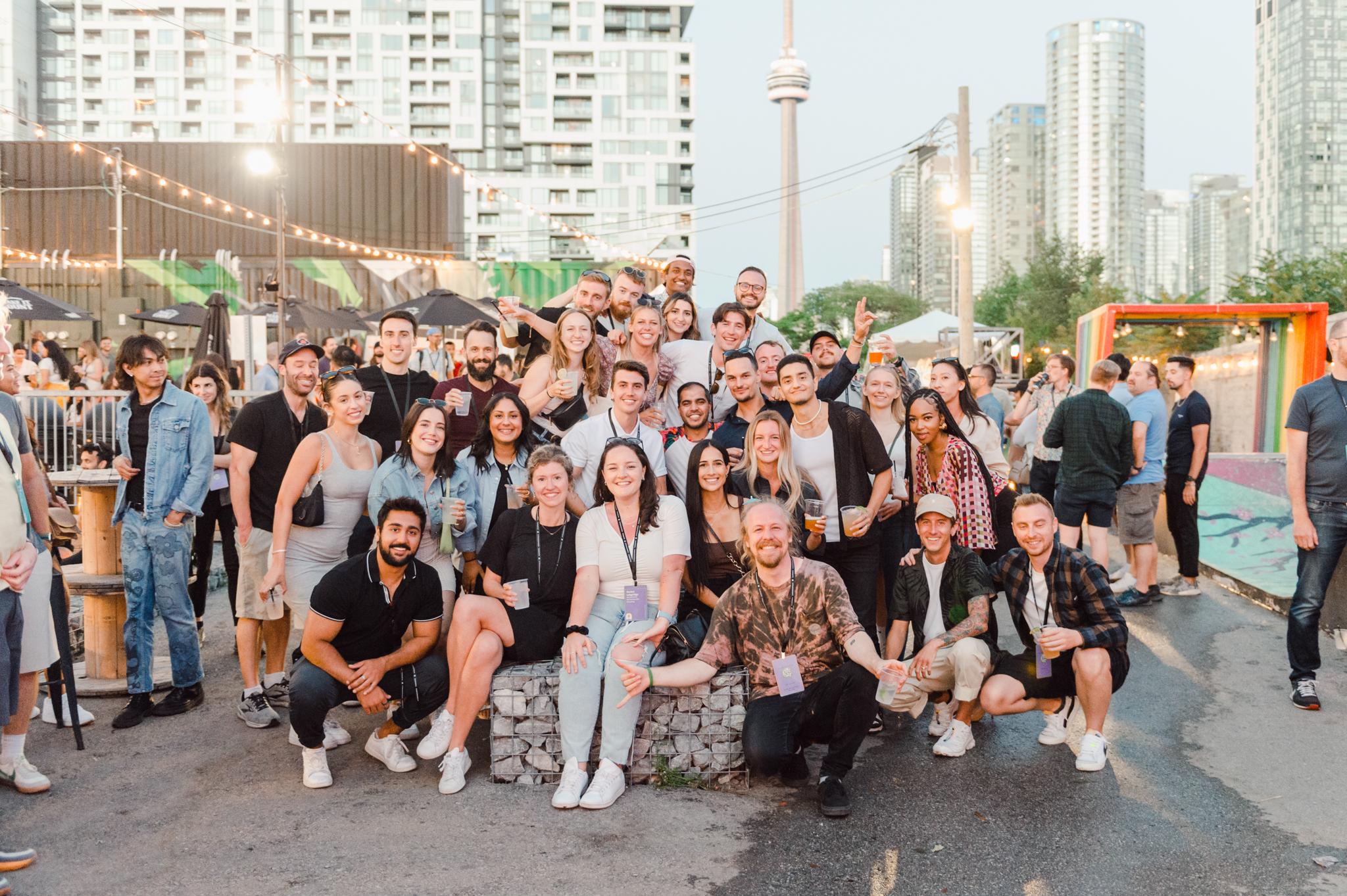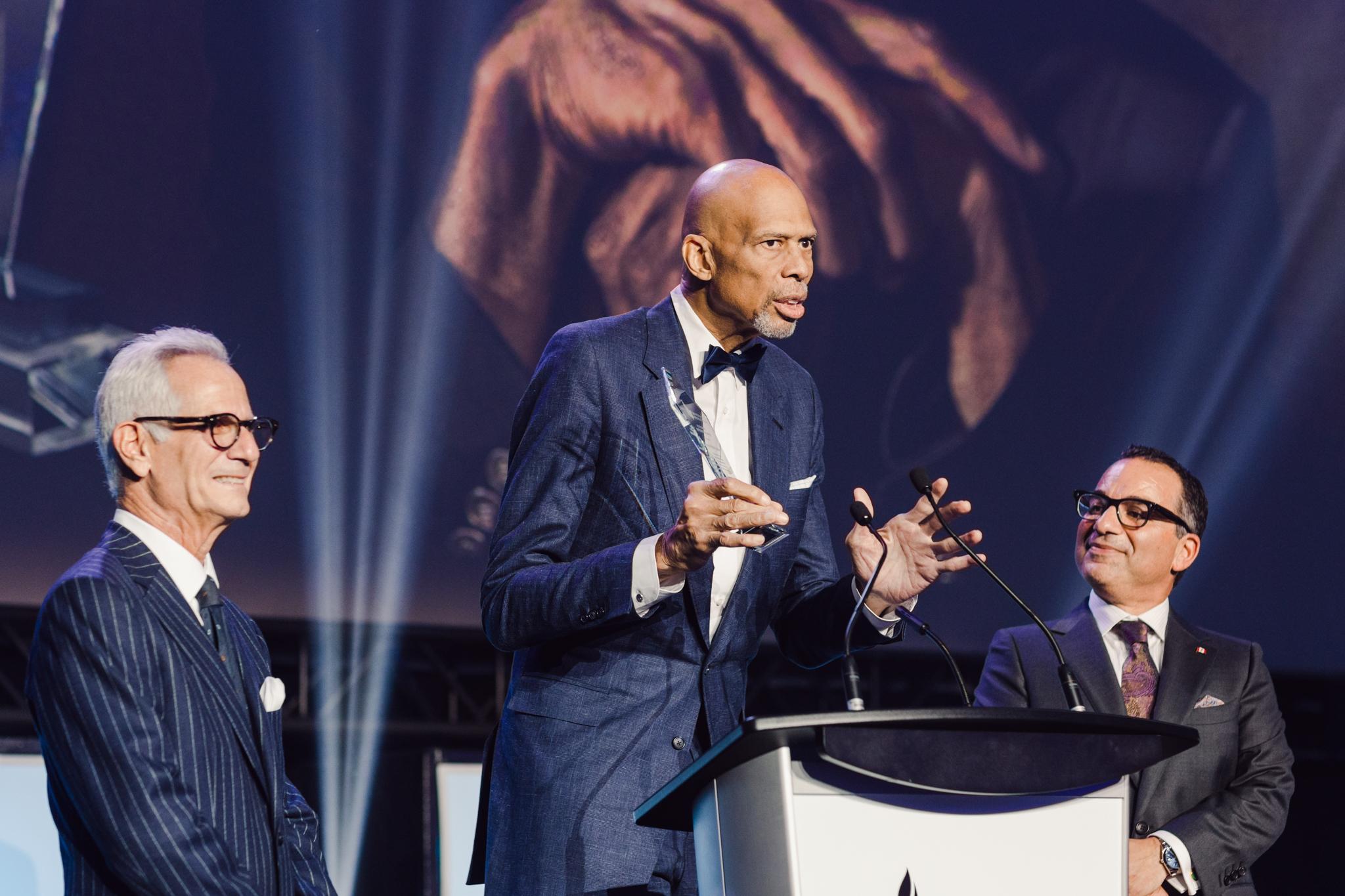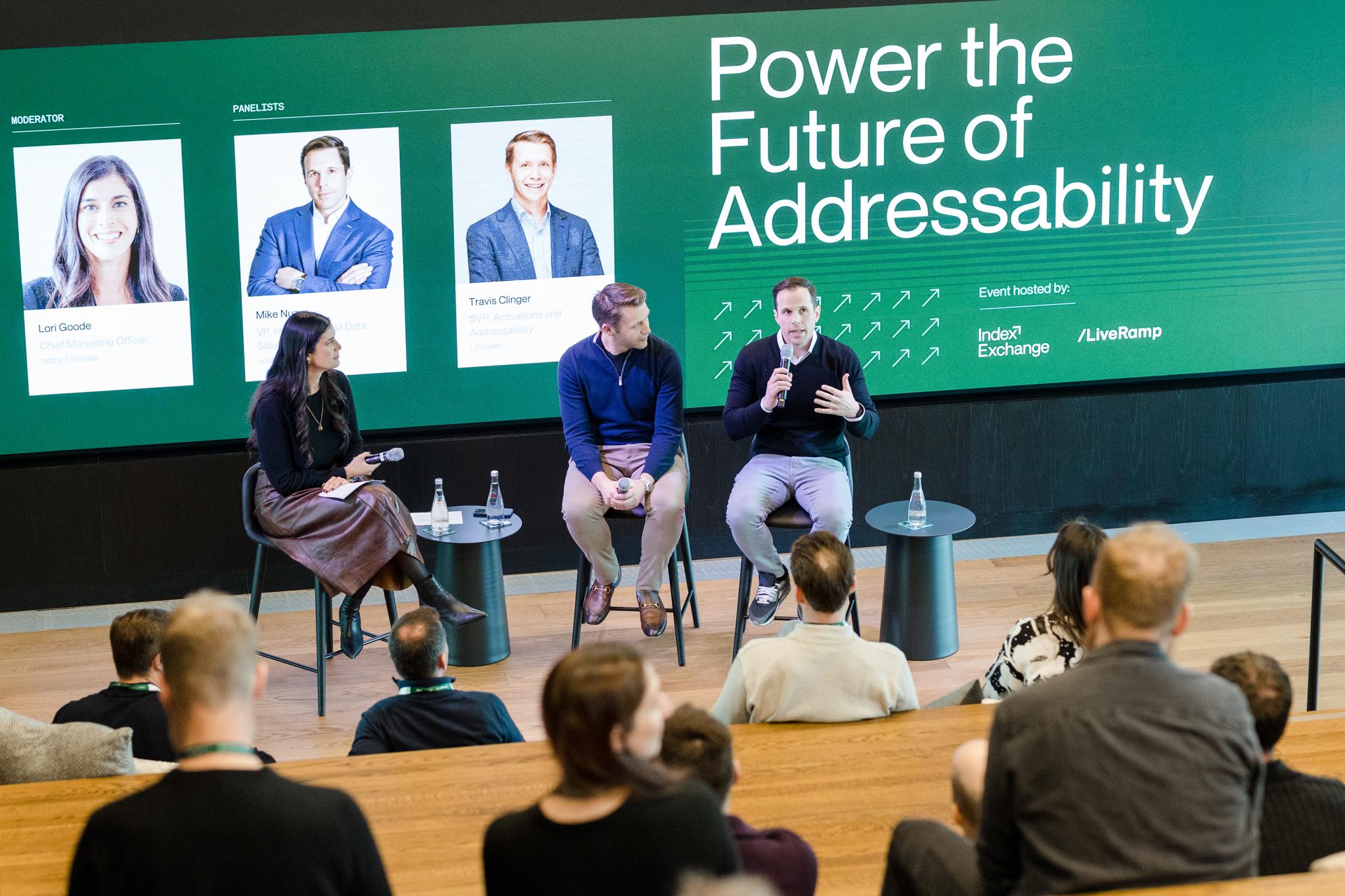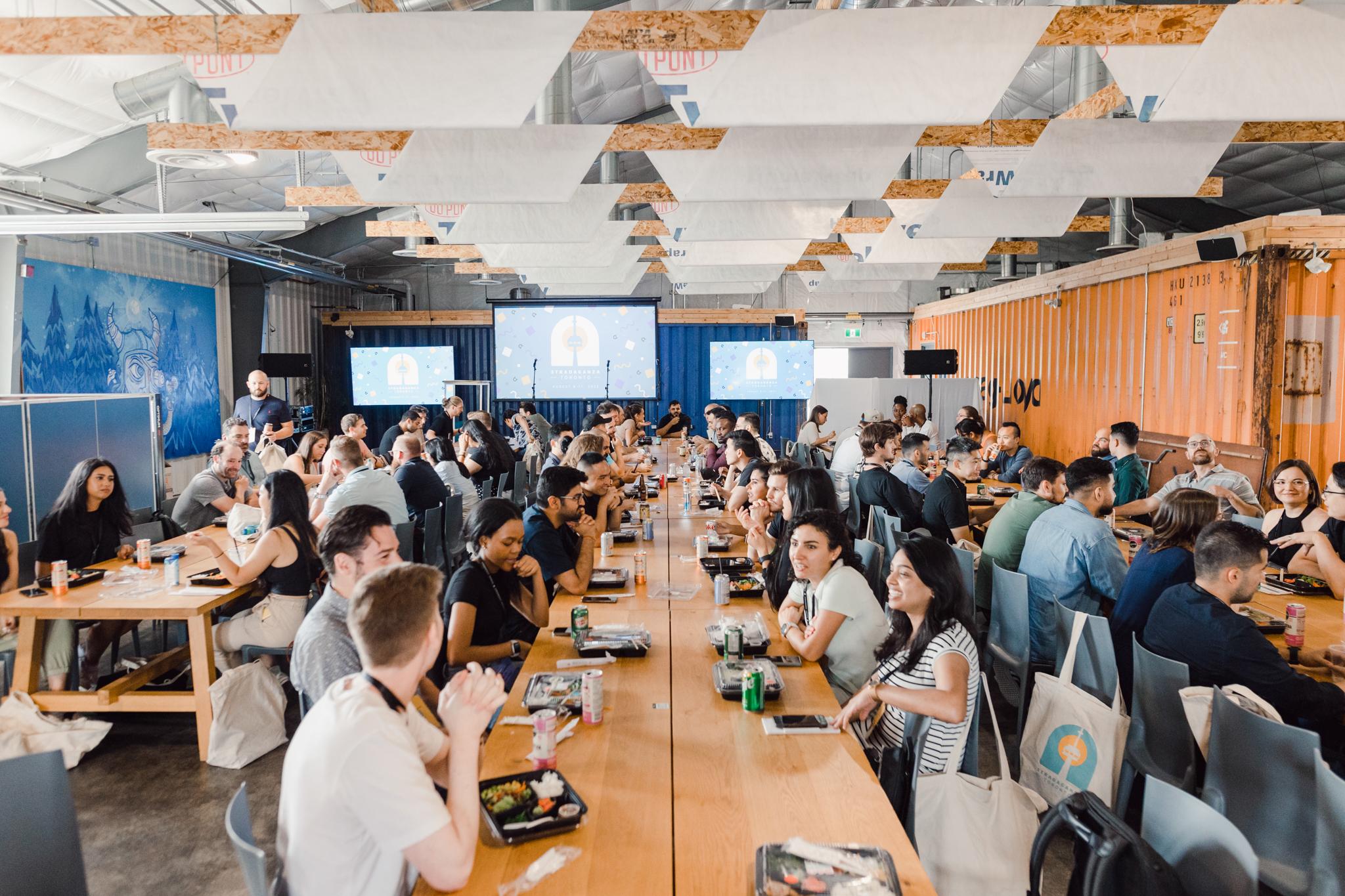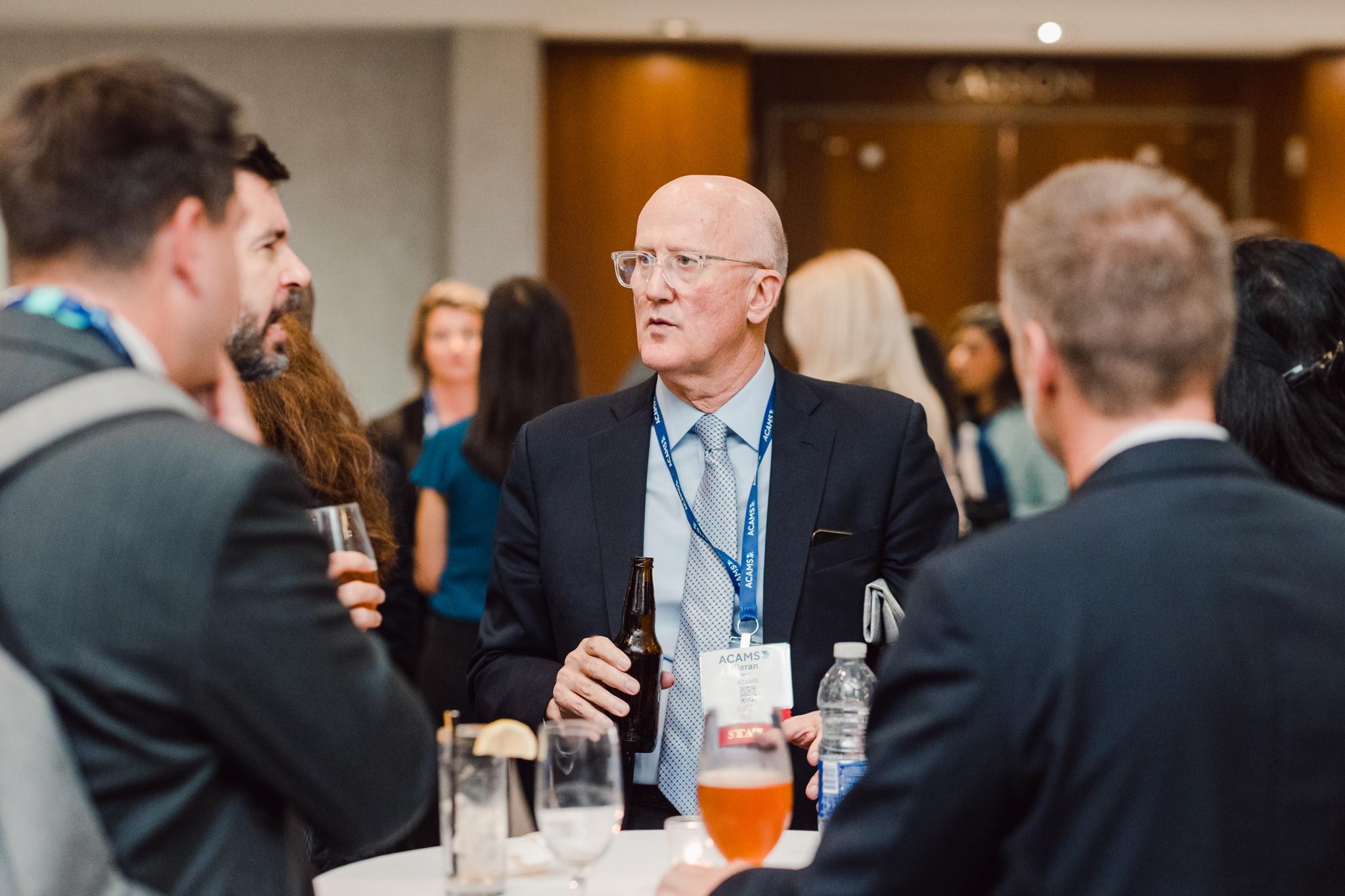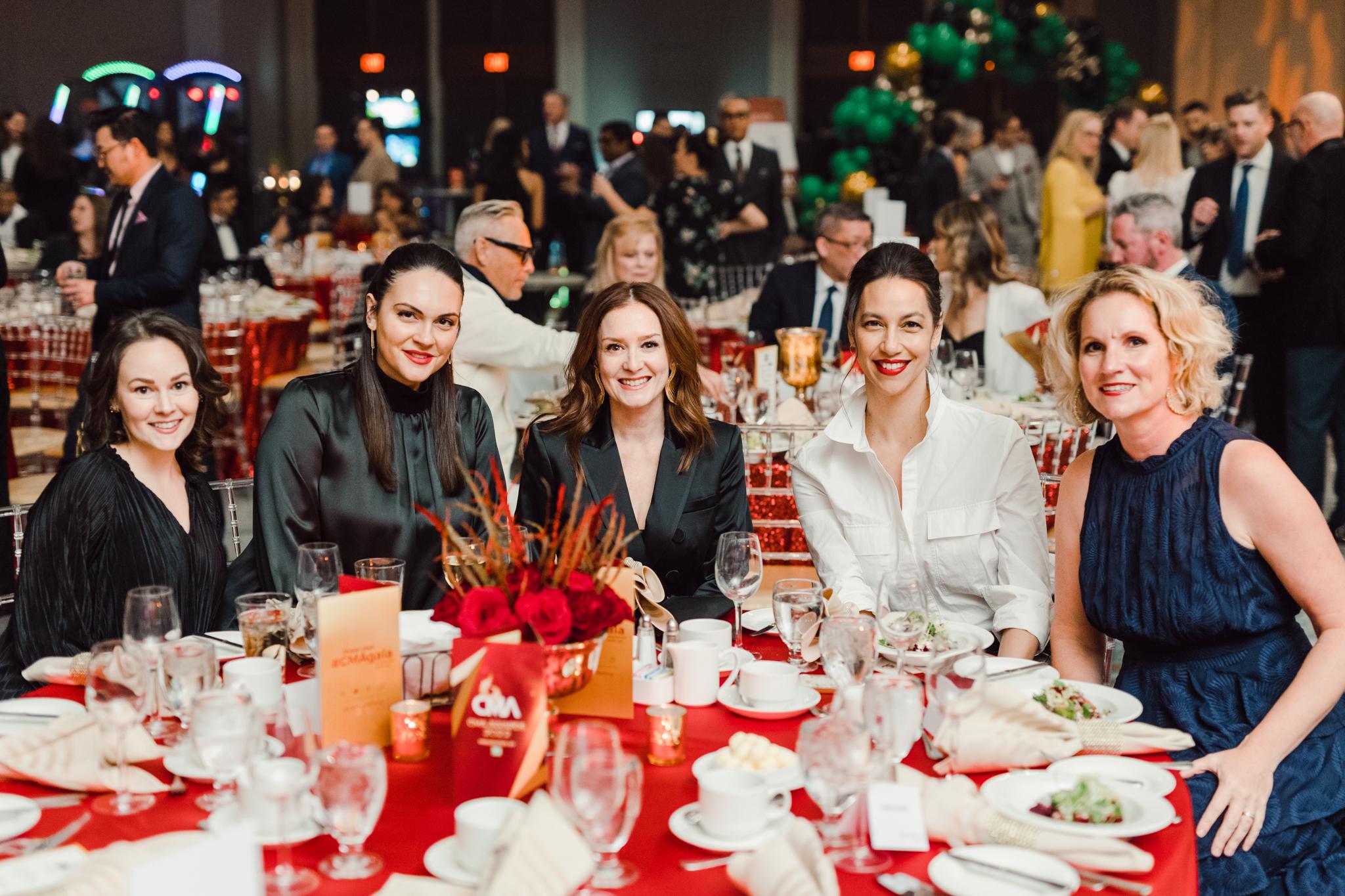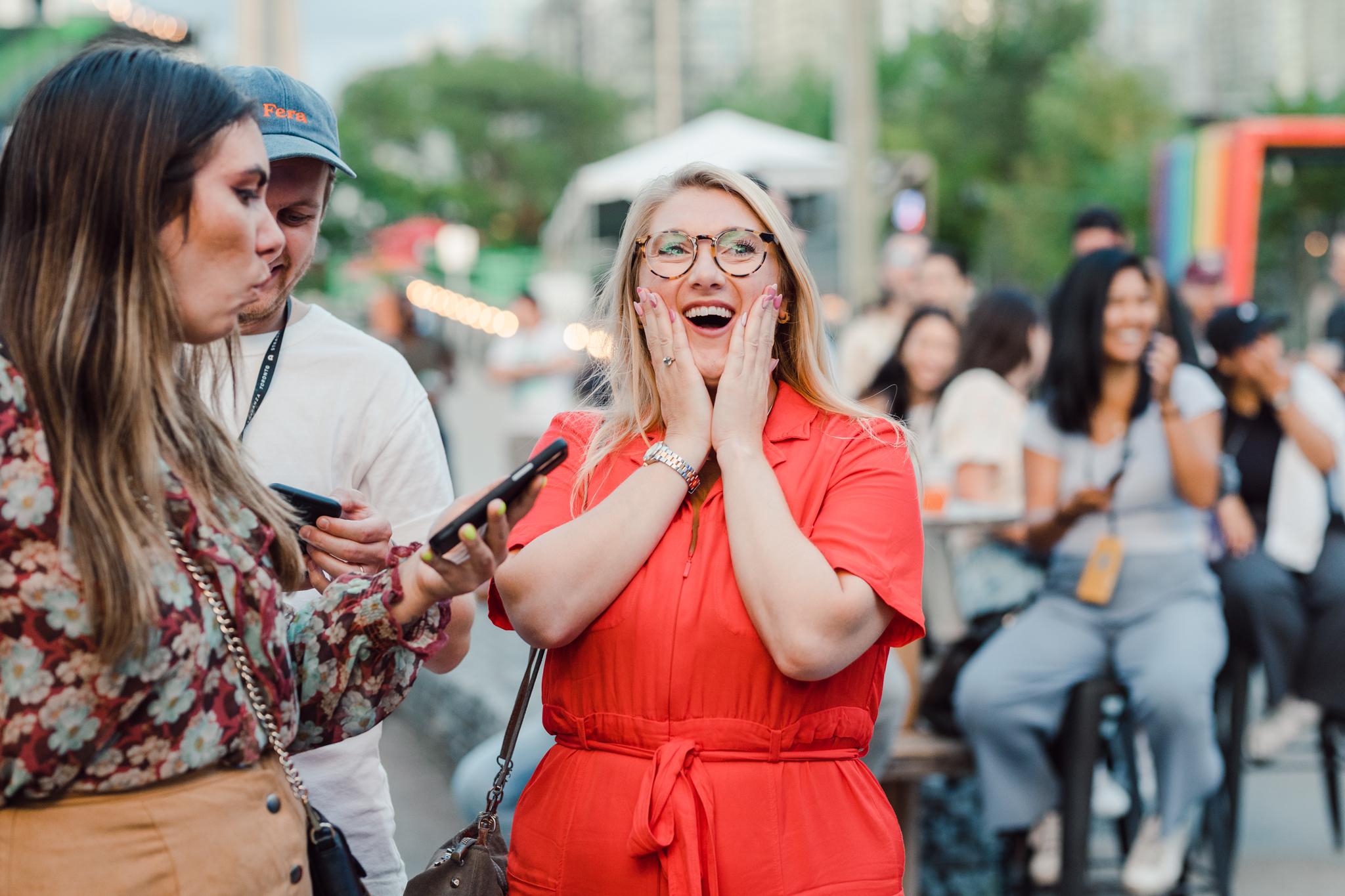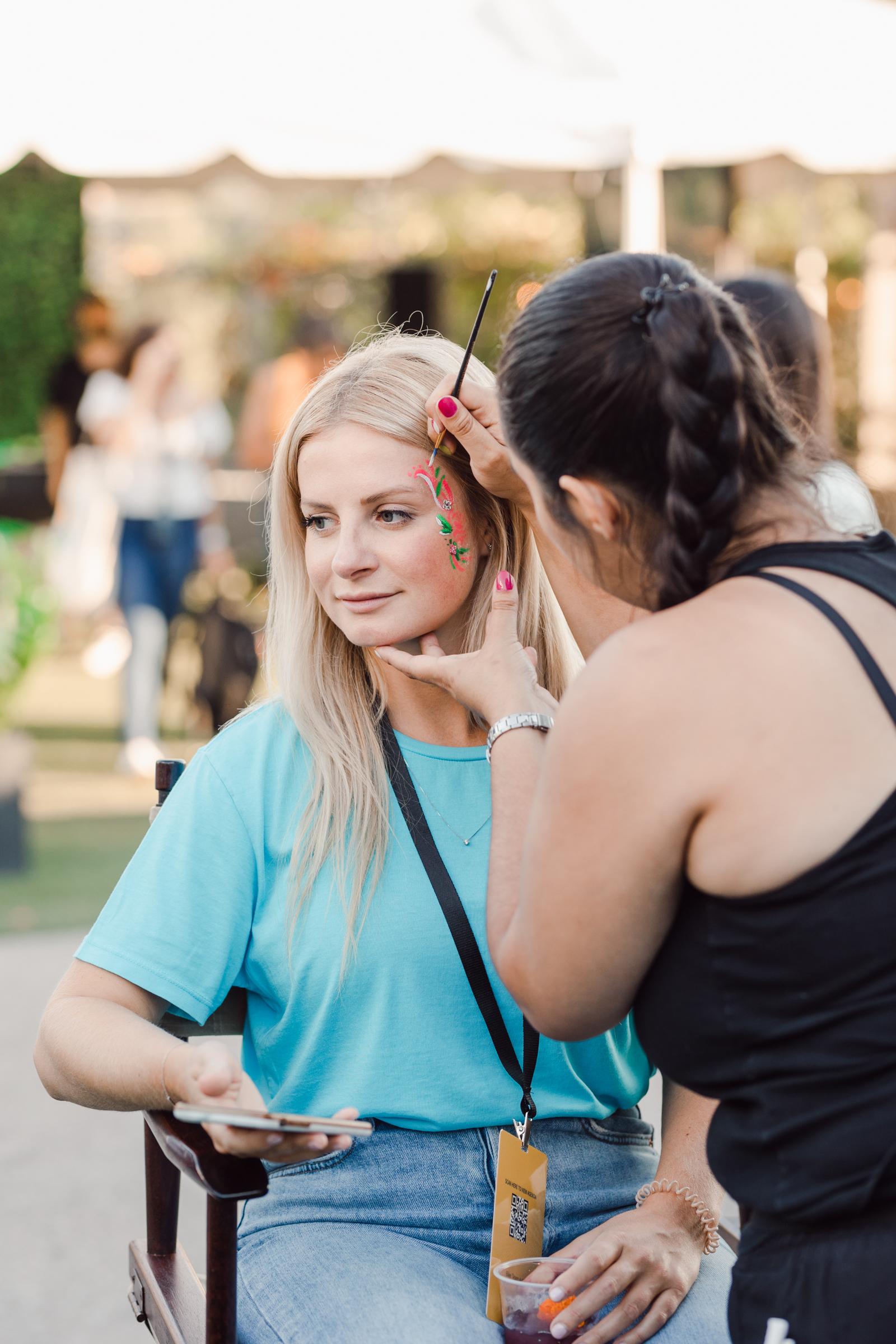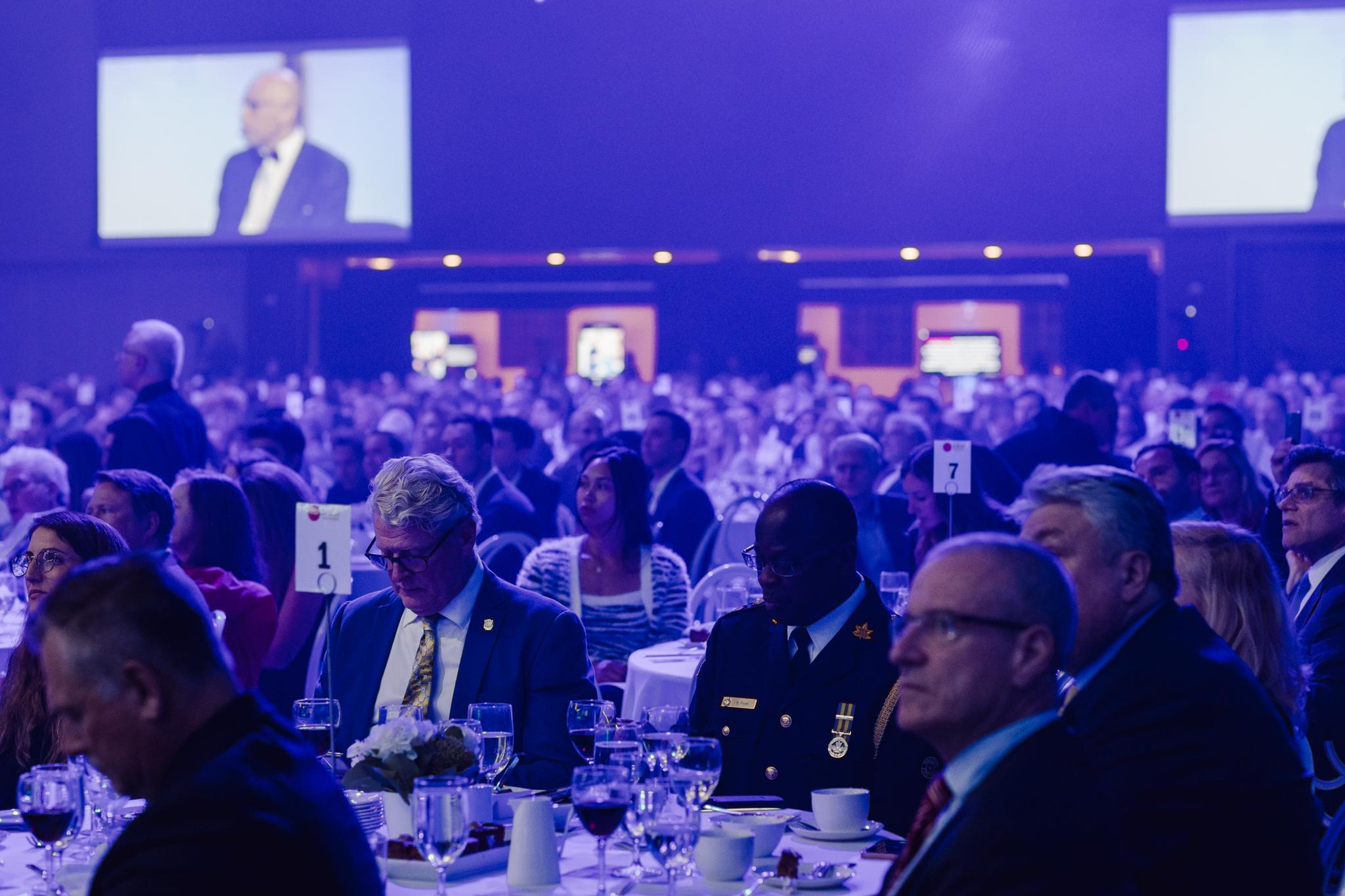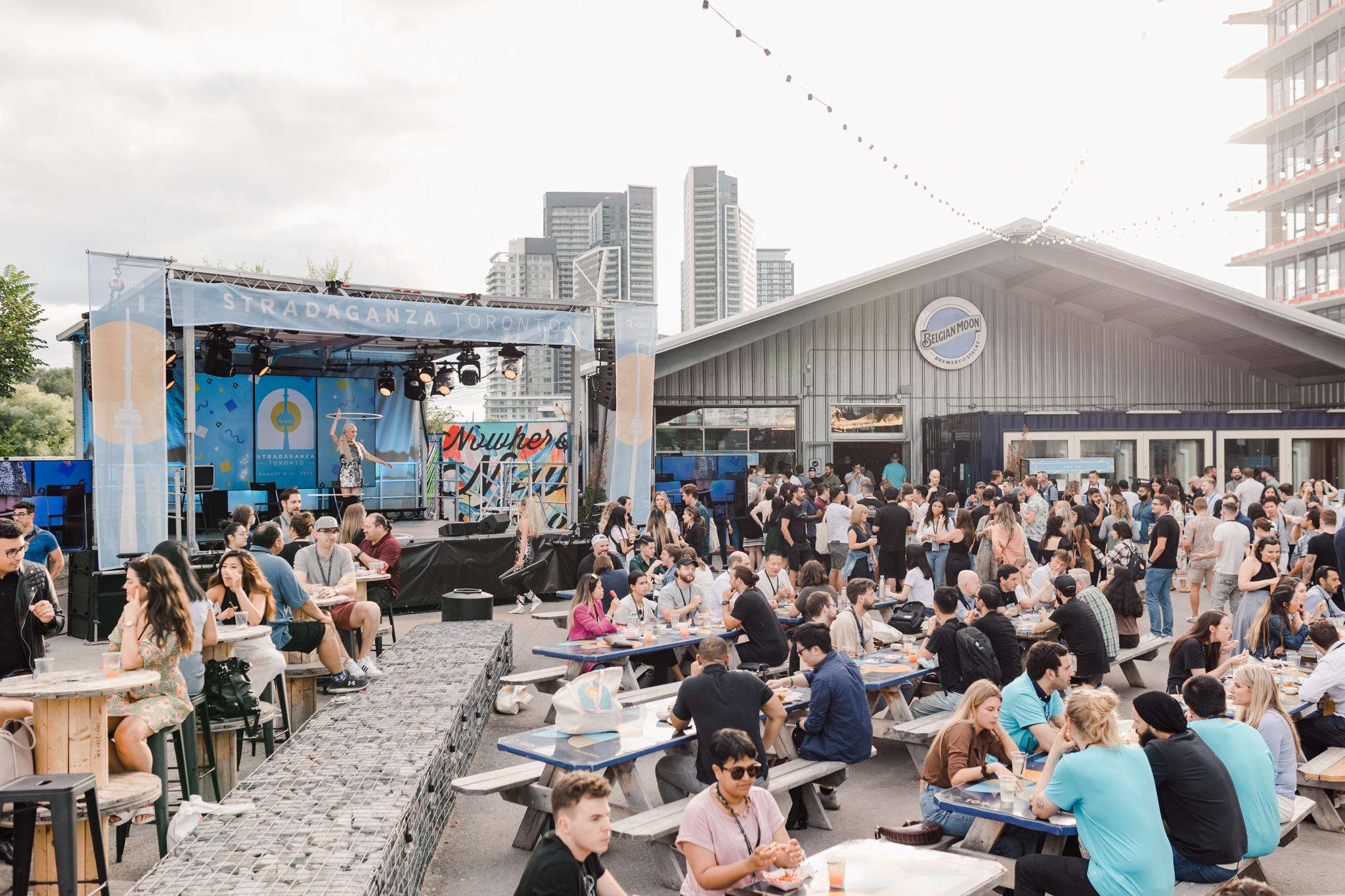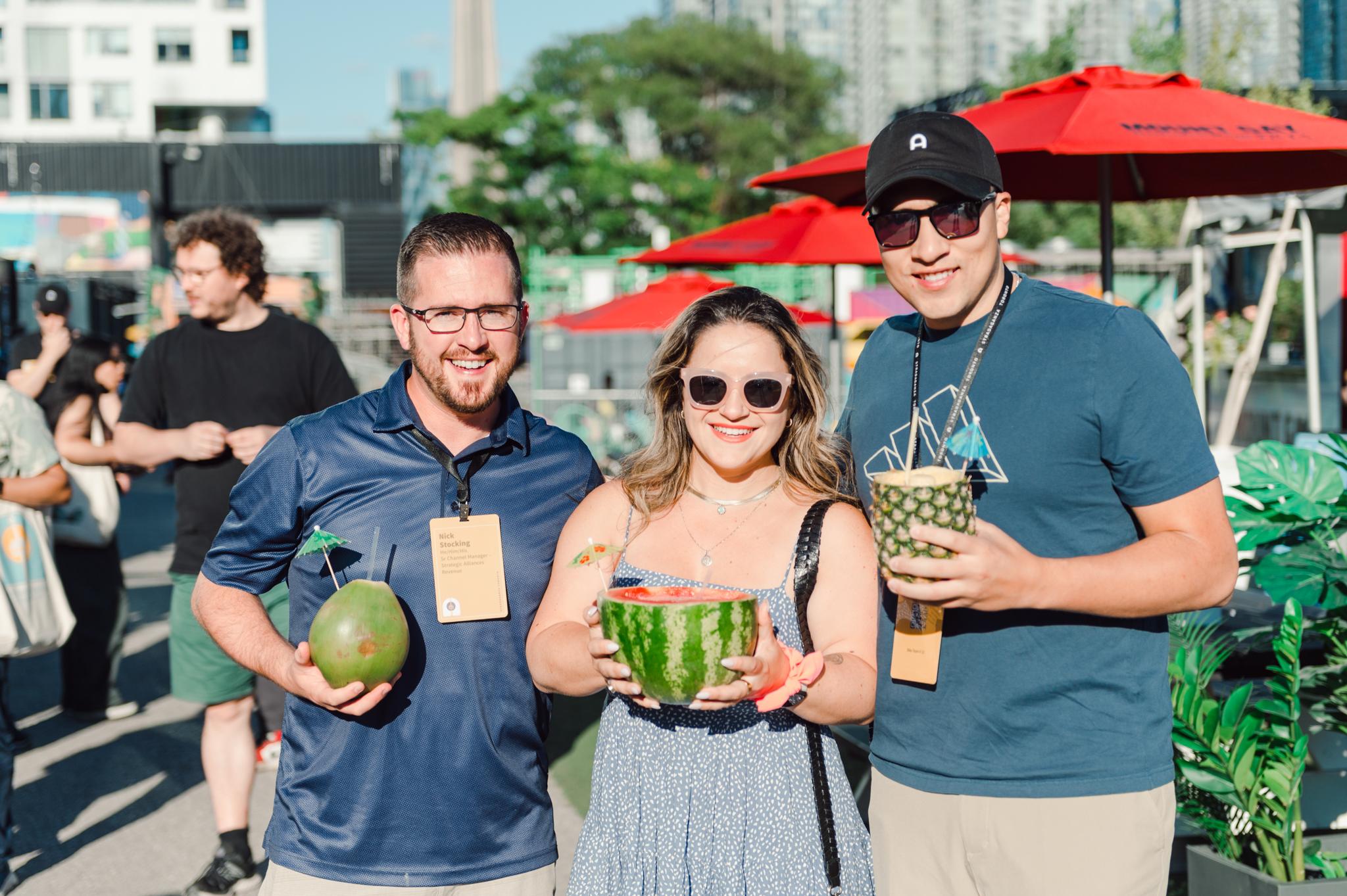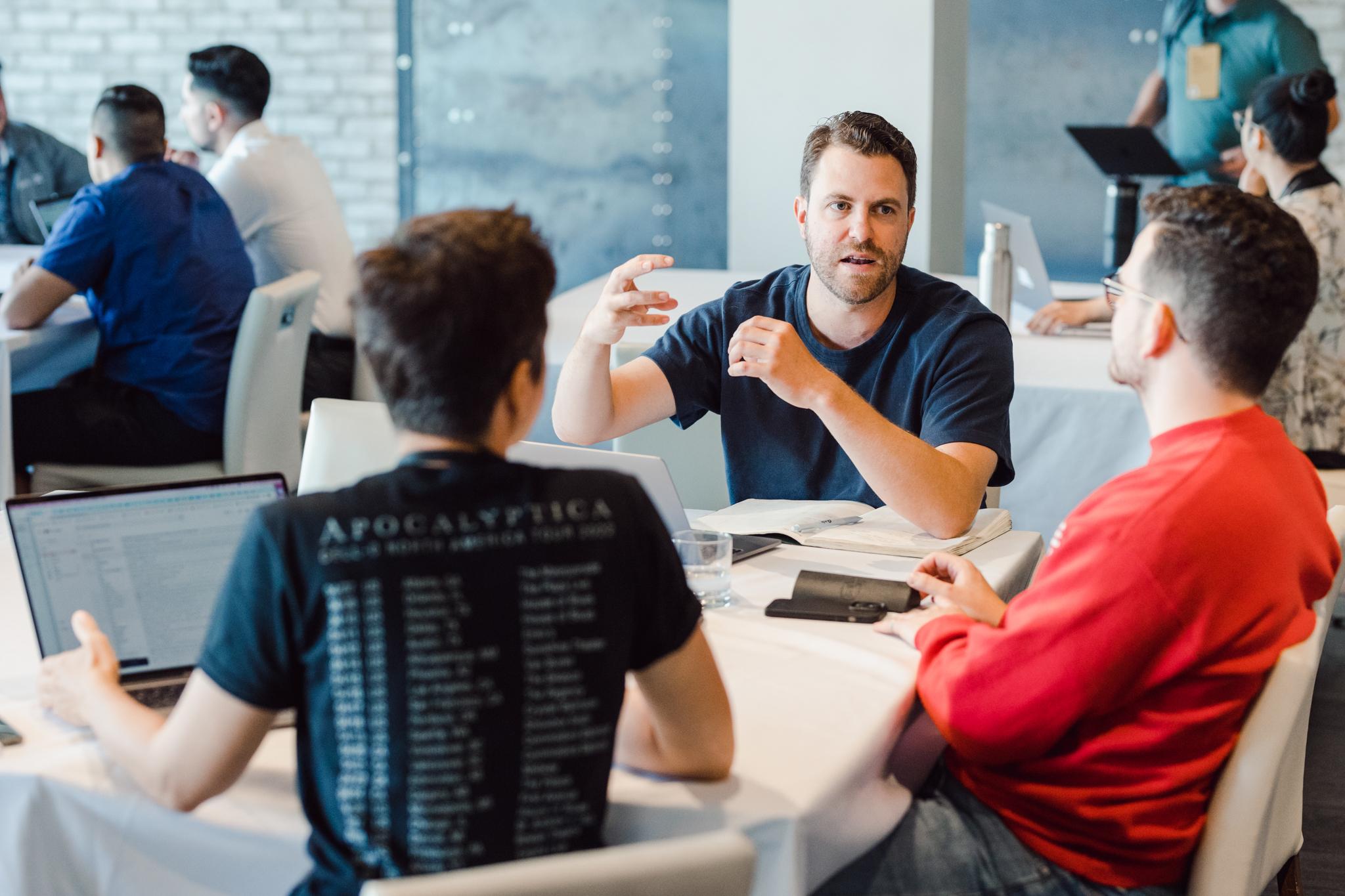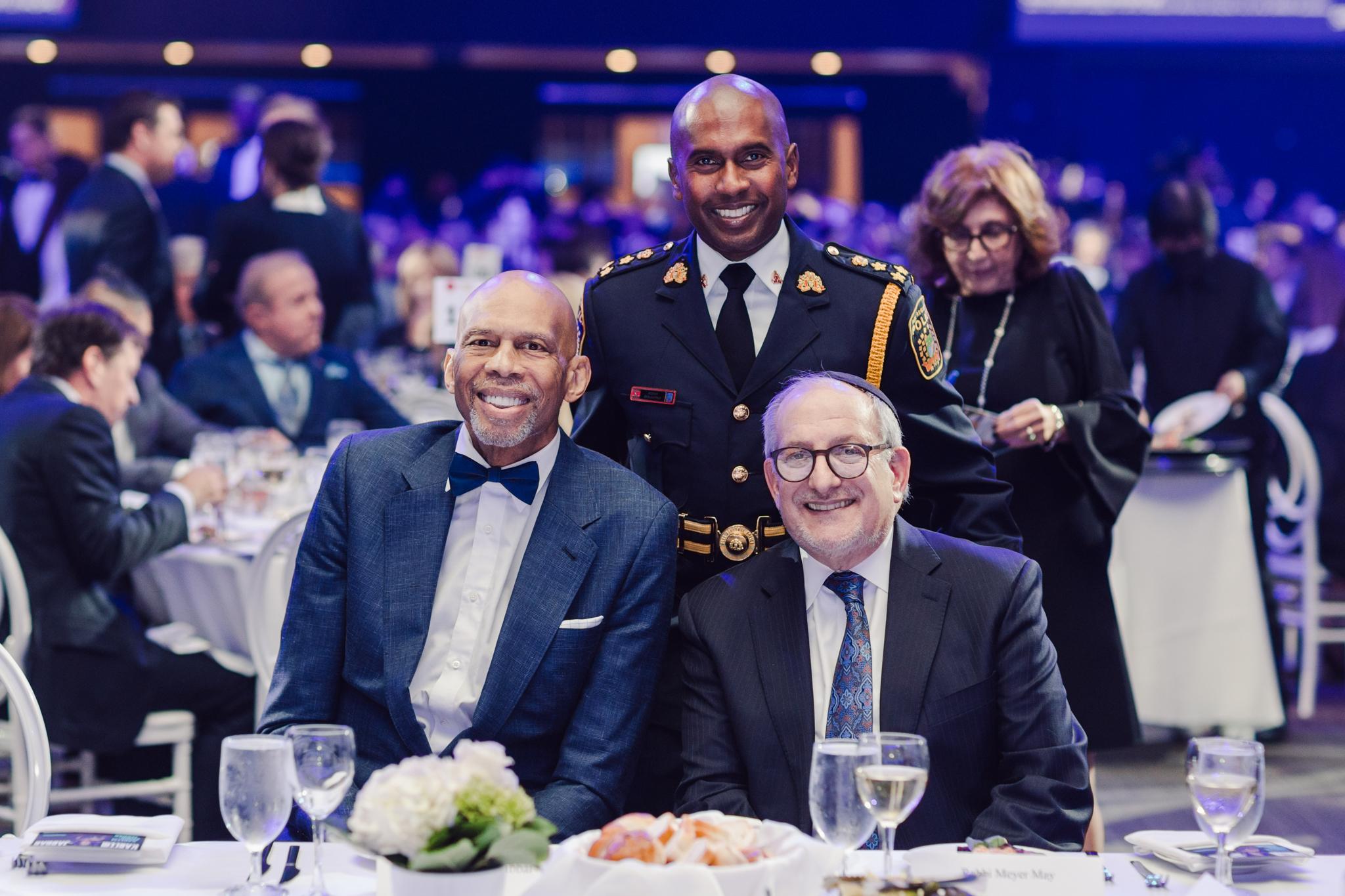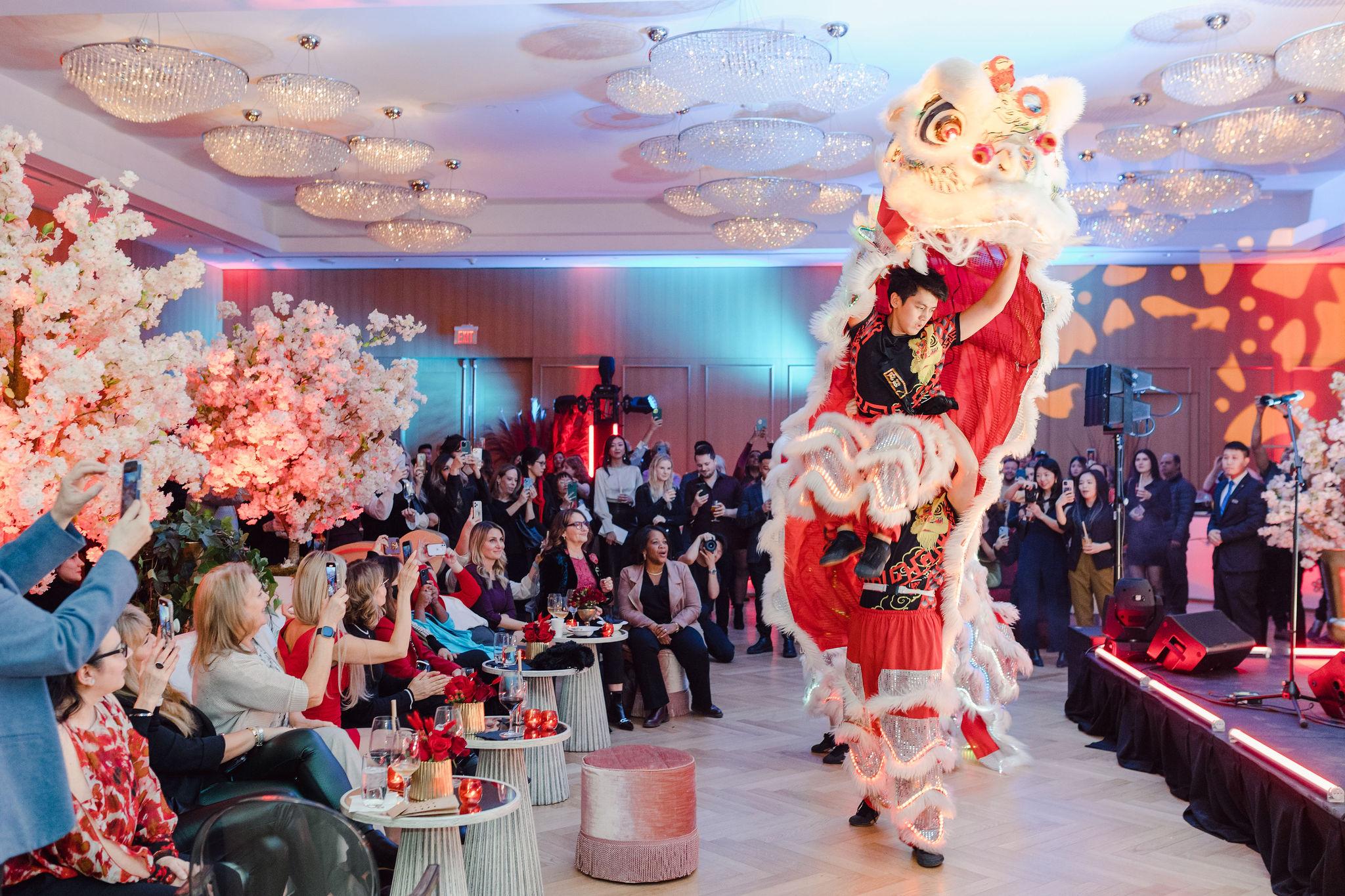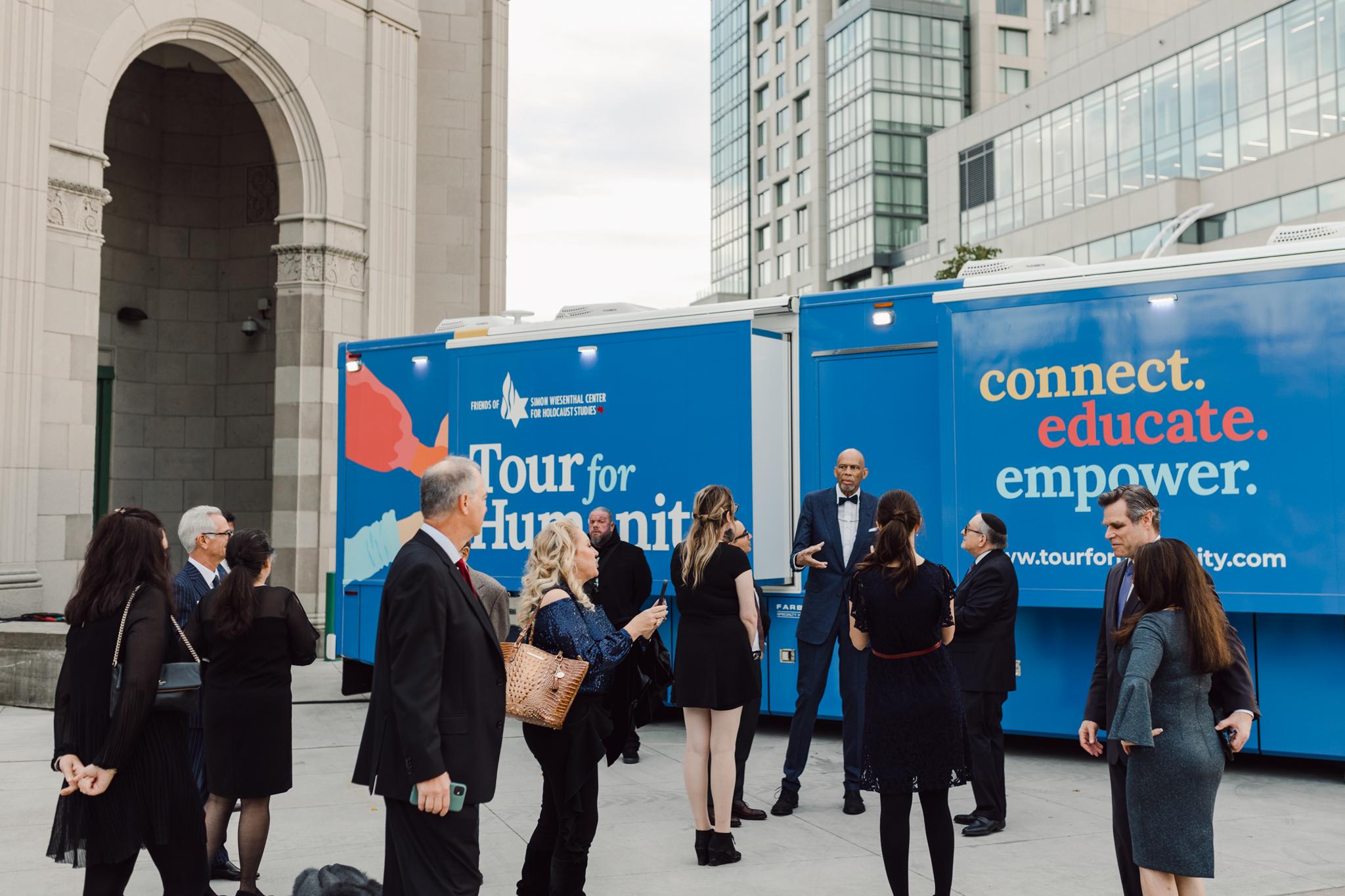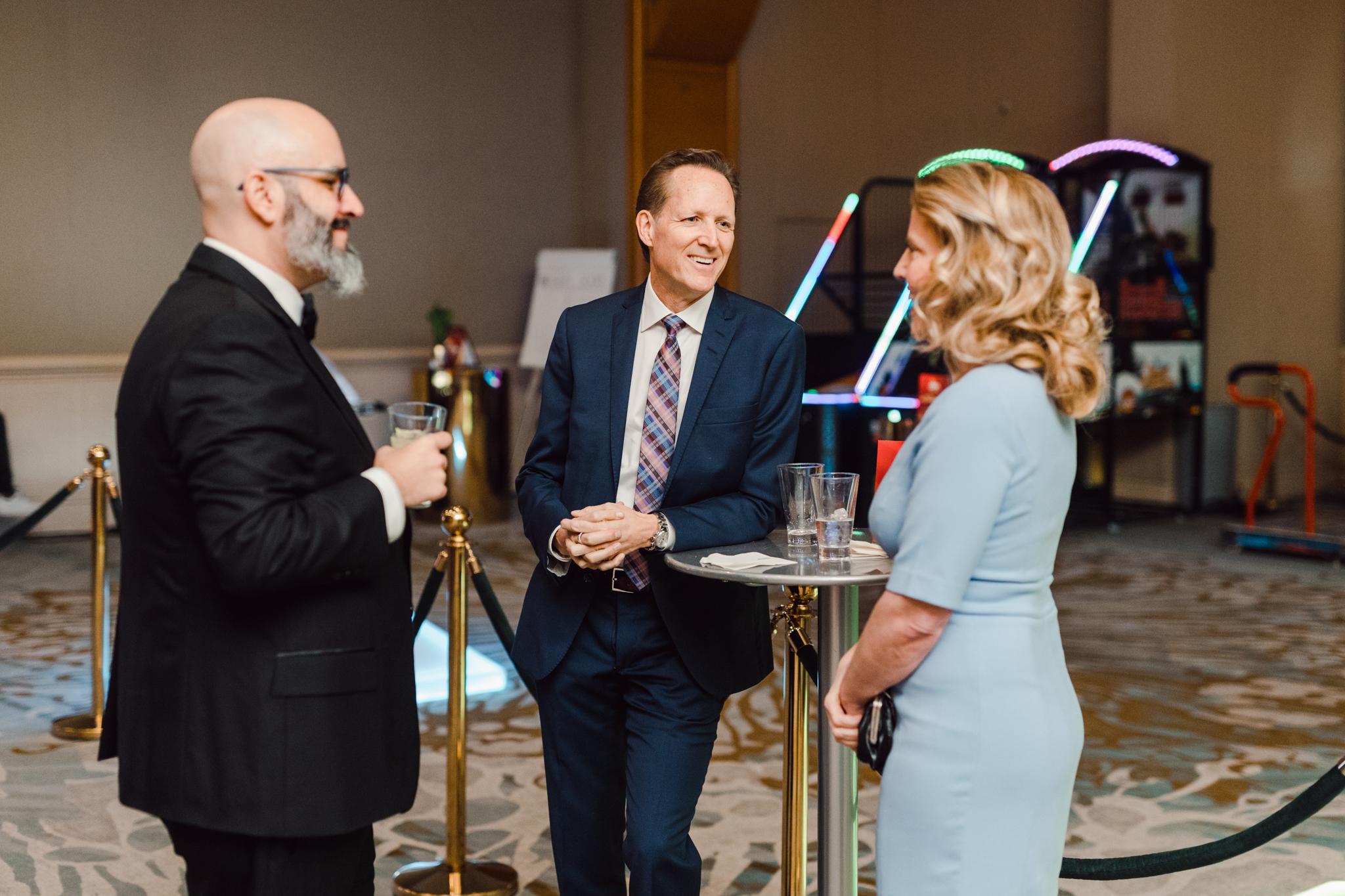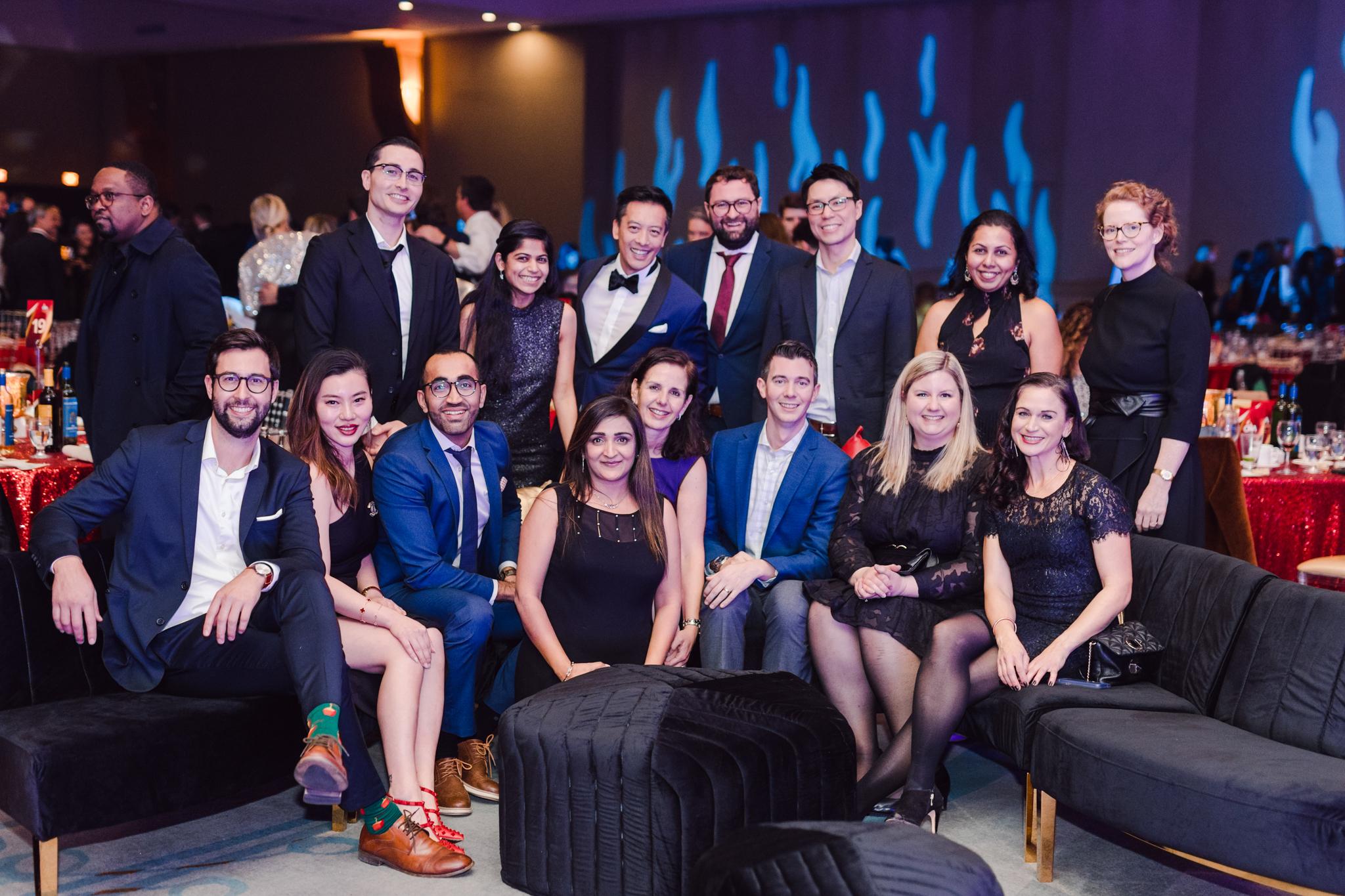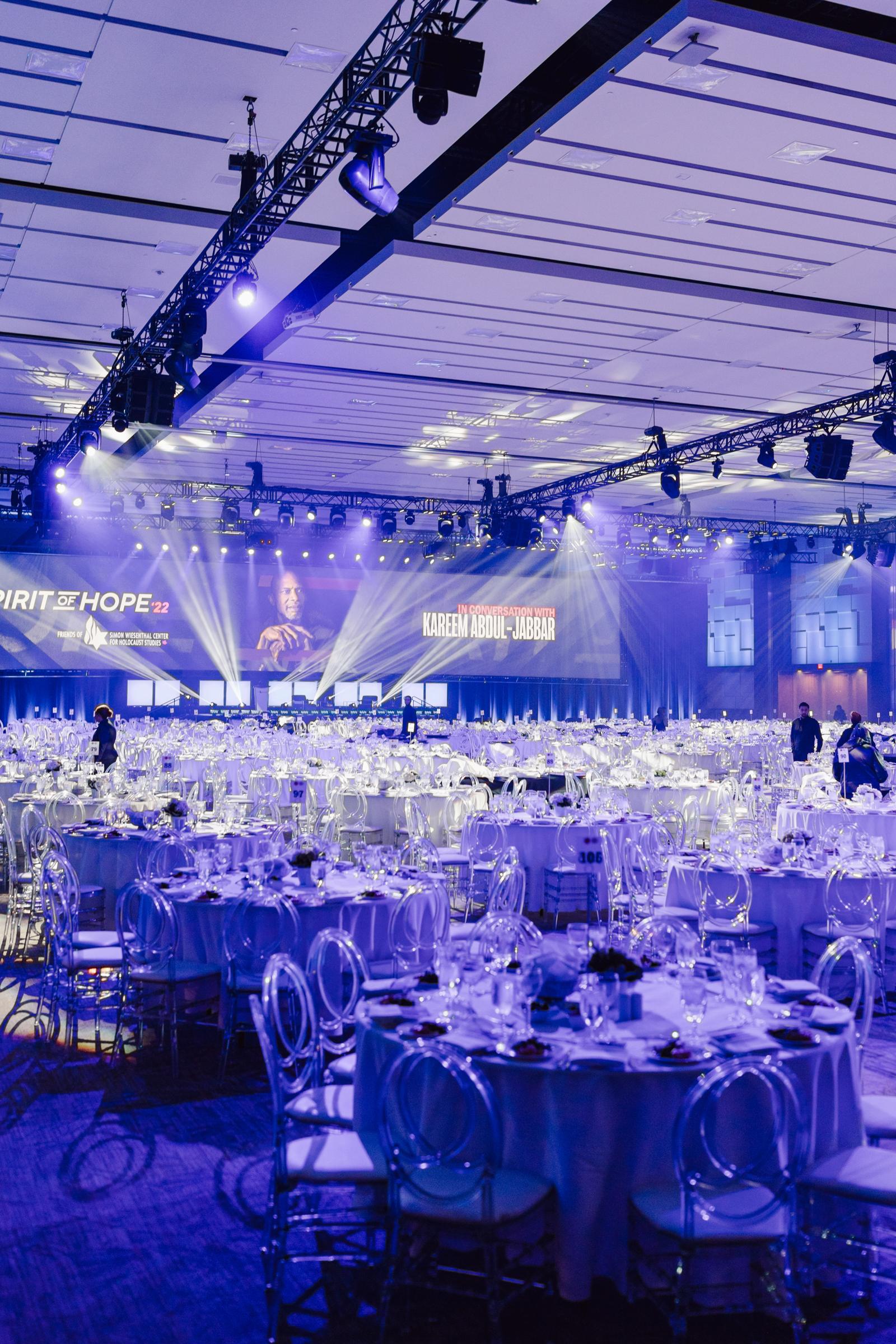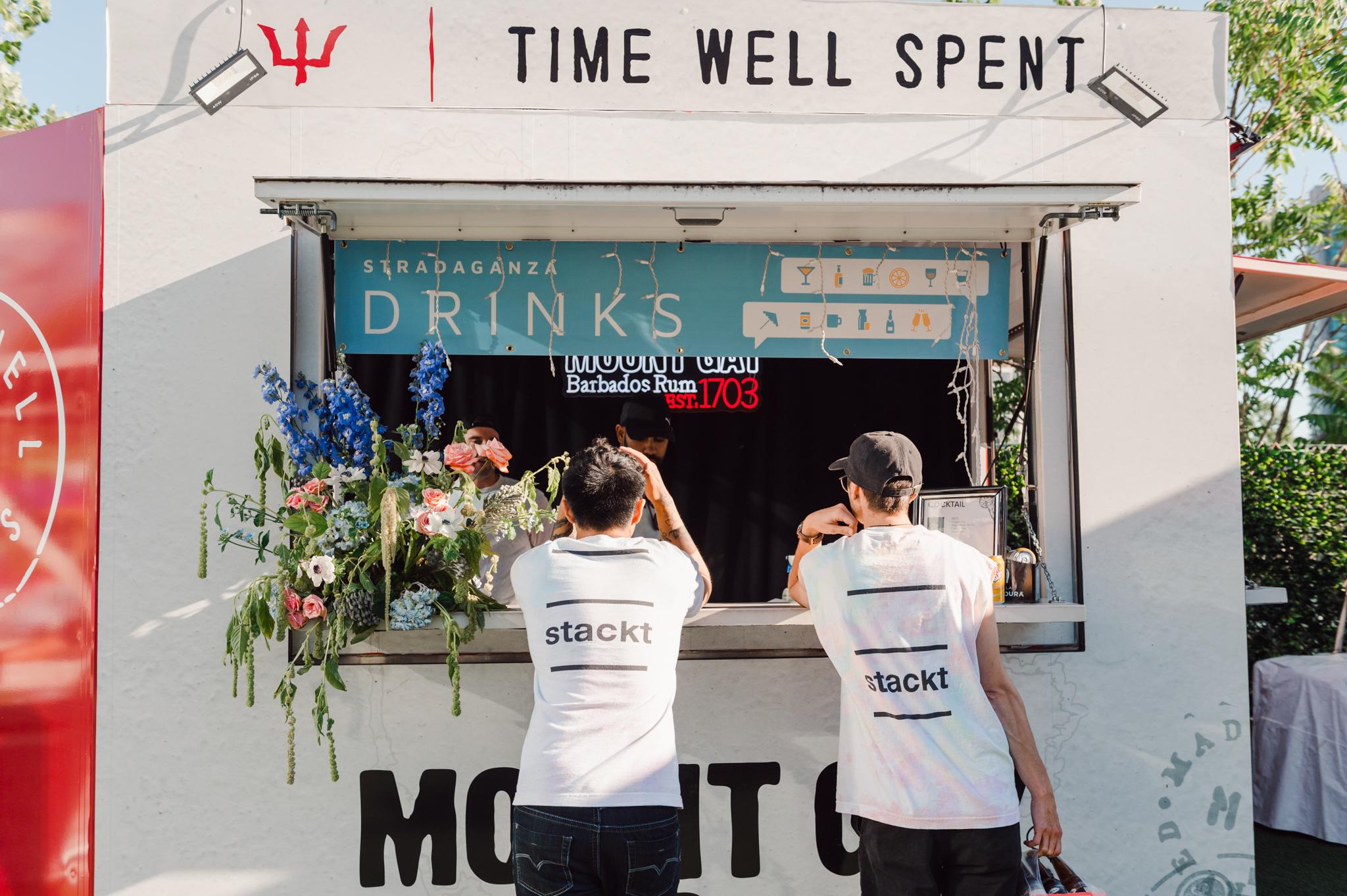The way we document events is evolving faster than ever. As 2025 comes to a close and we move into 2026, event photography and videography are no longer just about capturing moments, they’re about creating experiences, telling immersive stories, and producing content in real time.
Whether it’s a corporate conference, brand activation, gala, or private gathering, the expectations for visual content have shifted dramatically. Attendees want an authentic representation of the event they’re considering participating in, and brands want content that’s ready to share as soon as possible.
Here are the photography and videography trends making the biggest impact on events in 2026:

1. The immediacy trend: on-site editing & real-time content delivery
Nowadays, speed is everything. Audiences expect high-quality content not just the day after an event, but during it. In 2026, we’re seeing a major rise in on-site editing, with content editors stationed at the venue to fine-tune and deliver polished content within hours.
For brands like the Prospectors & Developers Association of Canada (PDAC), this approach has been transformative. “On-site editing allowed us to publish professional, social media–ready videos while the convention was underway,” says Scott Barber, Senior Manager of Communications. “Sharing fresh content in real time captured the energy of the event and kept our audiences engaged throughout its duration.”
Real-time delivery also helps marketing teams respond to the moment—highlighting sessions, speakers, and attendee experiences as they happen—to drive participation and strengthen online visibility. In PDAC’s case, the results were immediate: “Videos posted during the event achieved stronger engagement, more likes, shares, and comments than post-event content,” Barber notes. “This immediacy extended our reach and amplified excitement both among participants and our online audiences.”
2. Authentic candids over stiff posing
Say goodbye to the overly posed group photos. Modern event photography and videography are all about authentic storytelling. Clients want their event photos and videos to showcase the vibe, the energy, and the authentic moments. Many event photographers are adopting more of a documentary style, blending into the background in order to catch genuine reactions, unscripted conversations, and the “in-between” moments that truly make an event stand out.
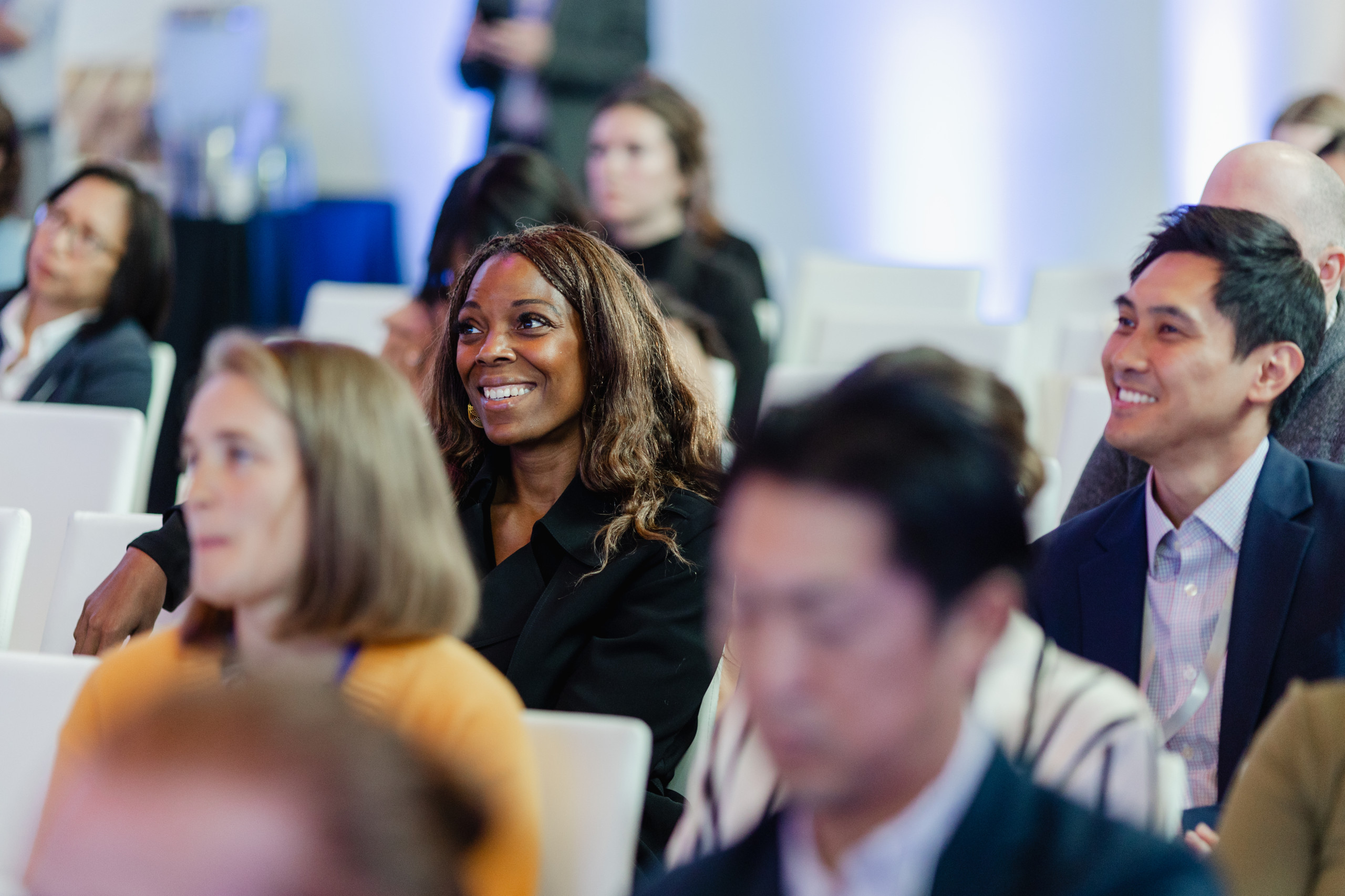
3. Leveraging events for a wide range of content
Events are no longer just fun experiences for your employees, clients, or stakeholders. More and more, brands are starting to see the full potential of events as content production hubs. Event organizers are investing in full-scale production teams to treat the event as a media opportunity.
What does this translate to? Event photography and videography teams capturing b-roll libraries for future promos, behind-the-scenes moments, run-and-gun interviews with attendees or speakers, and plenty of vertical video content for popular social media platforms like TikTok, Instagram Reels, and YouTube Shorts. Bonus: Leveraging events for multiple types of content is an excellent marketing strategy during an economic downturn.
4. High-volume headshots are in
With an increasing number of brands looking for unique ways to add value to attending their events, we’re seeing greater interest in activations such as, complimentary headshot stations being added to content requests. With this demand, a new type of headshot has emerged: high-volume headshots.
Unlike traditional headshots, high-volume headshots are a streamlined solution that results in instant images for those event attendees who drop by the booth. Photography teams use seamless backdrops and professional lighting to deliver studio-quality headshots in as little as five minutes per person. These types of headshots are perfect for LinkedIn profiles and are often funded through sponsorship opportunities offered to business partners or exhibitors.
5. Multi-format content delivery
In 2025 and into 2026, it’s not enough to shoot in 4K and call it a day. Content teams are expected to deliver assets in multiple formats, orientations, and aspect ratios. For example, 16:9 is ideal for websites and YouTube, 9:16 vertical for TikTok and Instagram Reels, and 1:1 for Instagram feeds.
Therefore, in order to thrive in the coming year, event photography and videography teams need to adopt a new delivery style, one that not only prioritizes immediacy but also multiple formats.
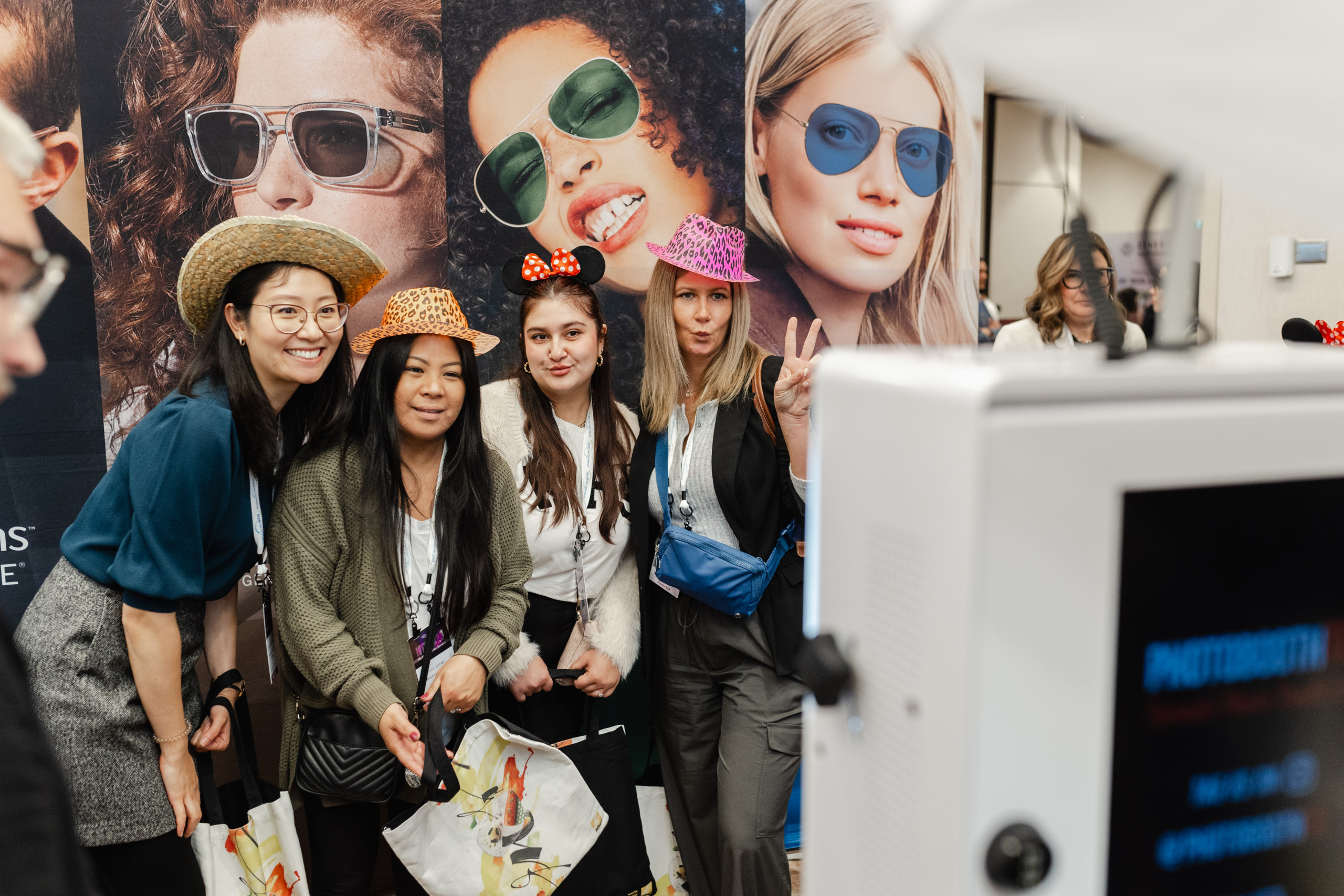
6. AI-assisted photo & video editing
AI tools are becoming more common in the post-production process, helping speed up often tedious tasks like colour grading, tagging attendees, and audio syncing for multi-cam shots. As you probably suspect, the best results still come from human creatives who use AI to enhance (not replace) their vision. Expect to see more hybrid workflows in 2026 that blend the efficiency of AI with human artistry.
Your event deserves a team that’s ahead of the curve
The photography and videography trends reshaping events in 2025 and 2026 all point to one truth: people crave transparency and connection. Whether it’s through a a poignant insight captured on the main stage, an authentic backstage moment, or a high-speed highlight reel, the goal is the same: to make the experience feel alive both during and after the event.
If you want to partner with a content team that stays ahead of industry trends and knows how to turn your event into scroll-stopping content, get in touch today.



